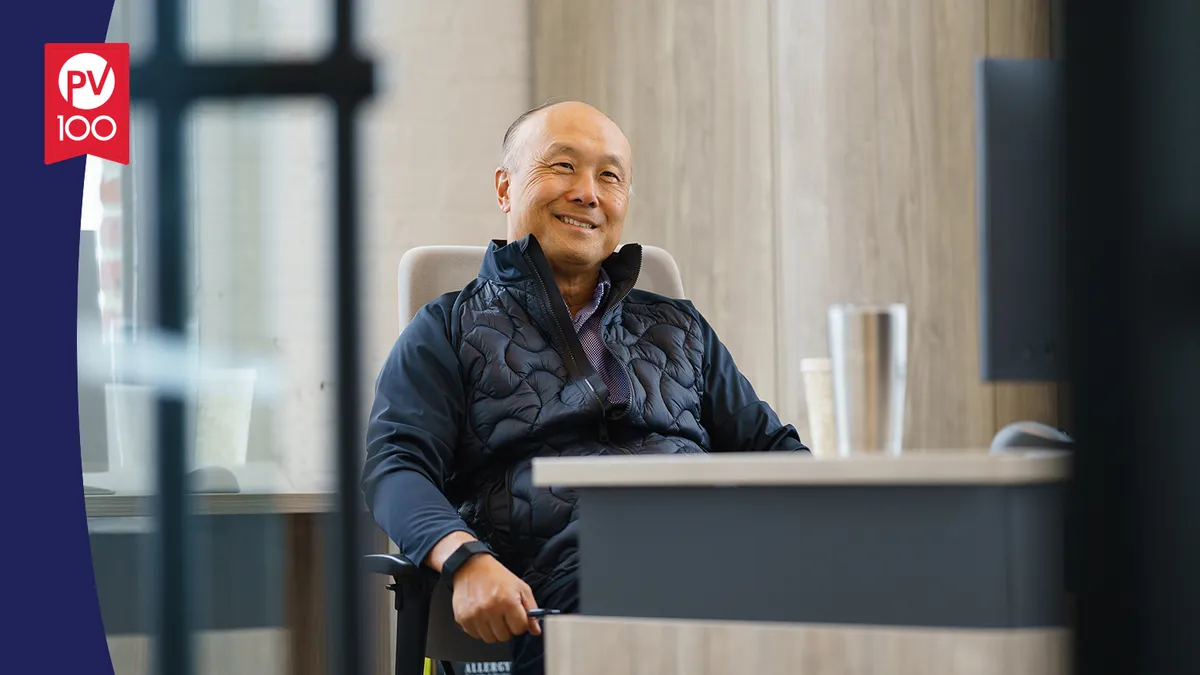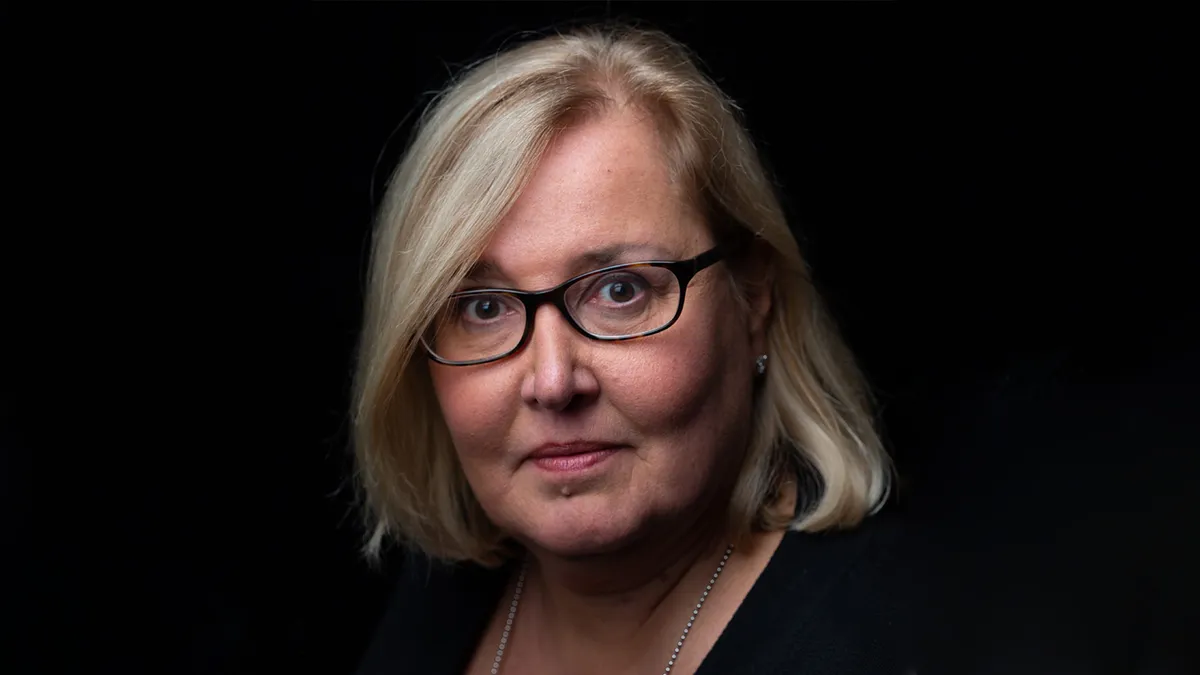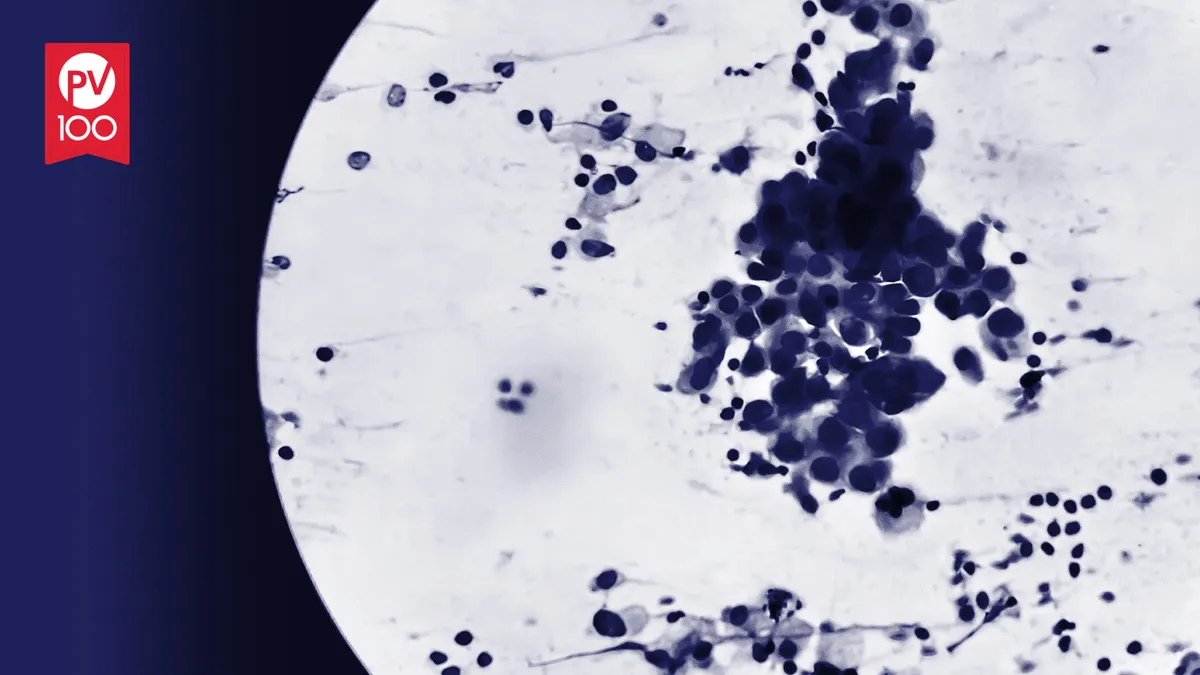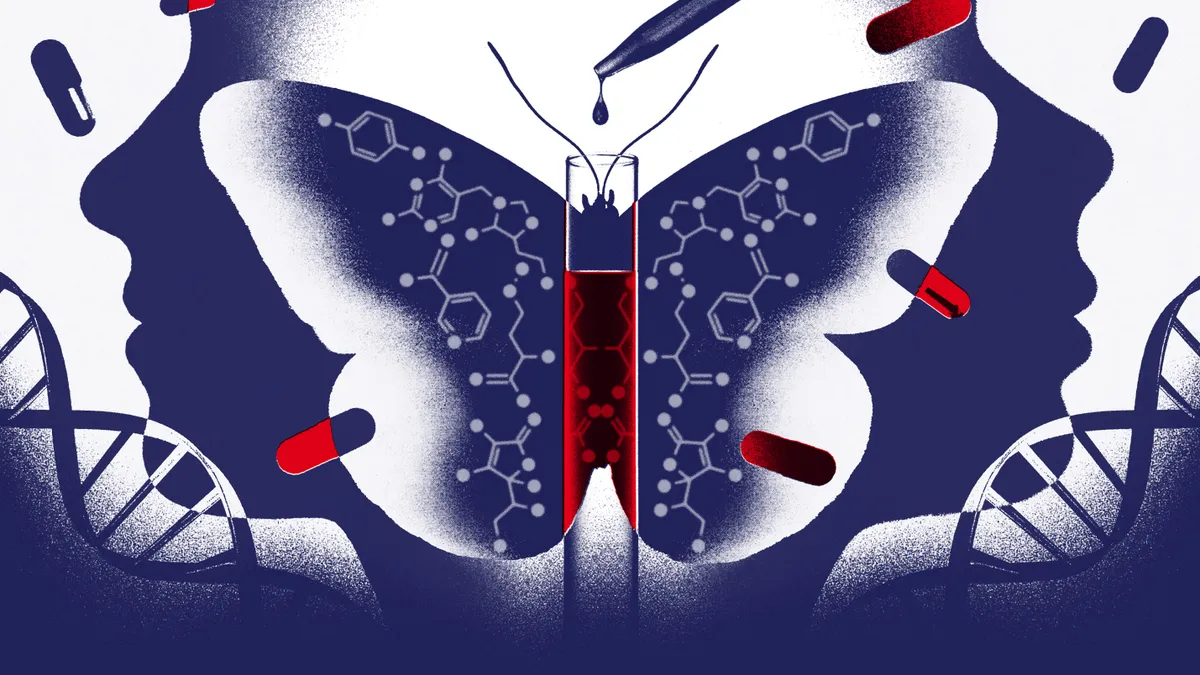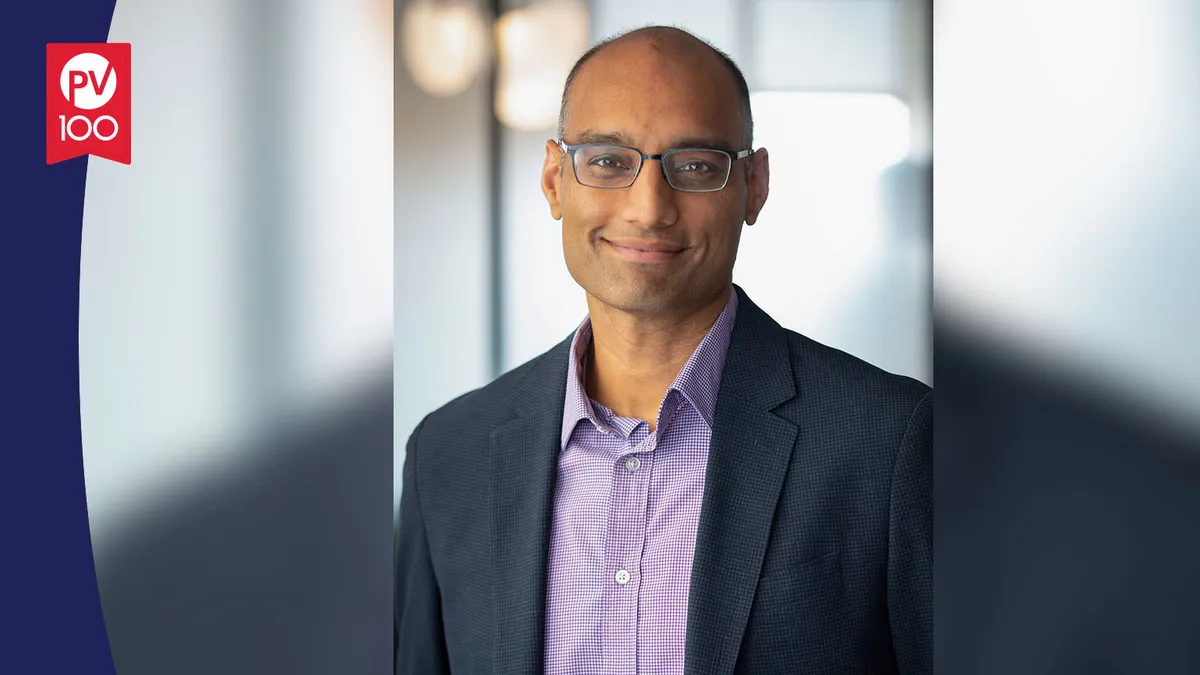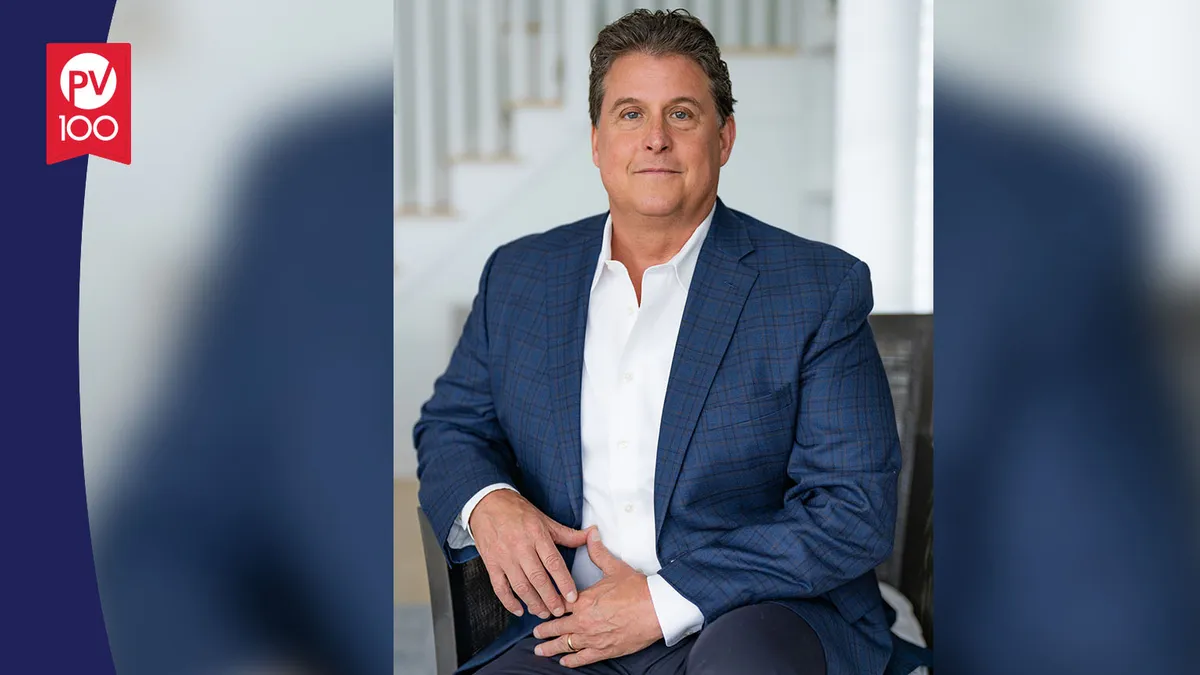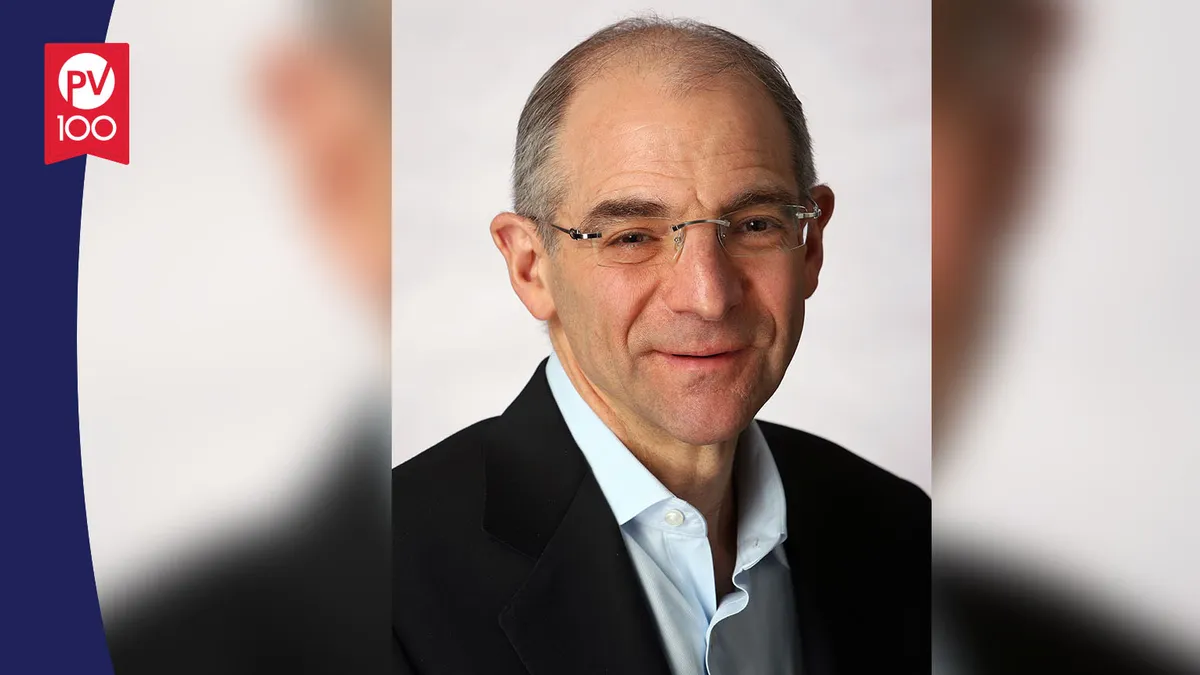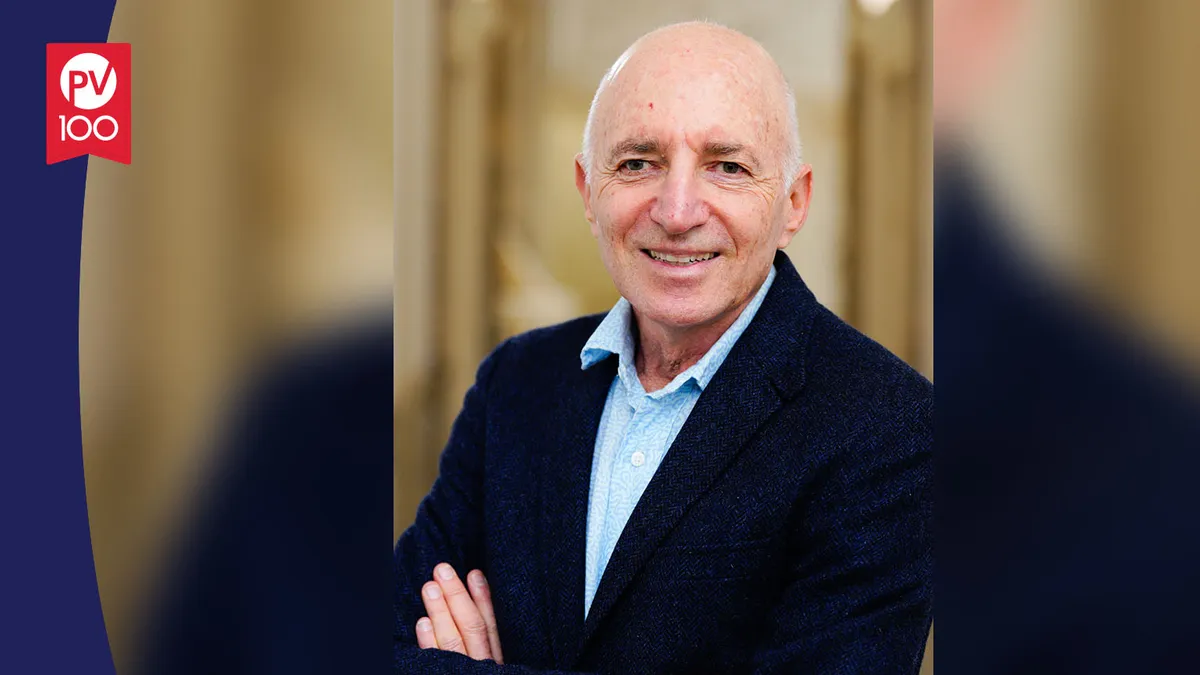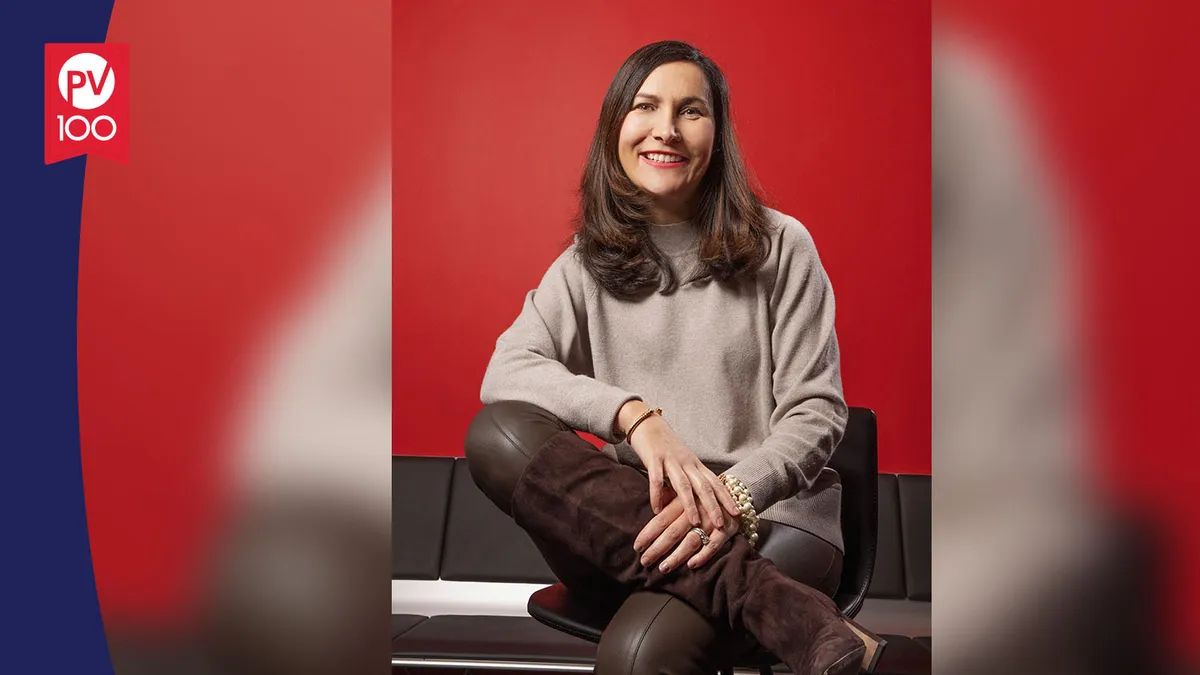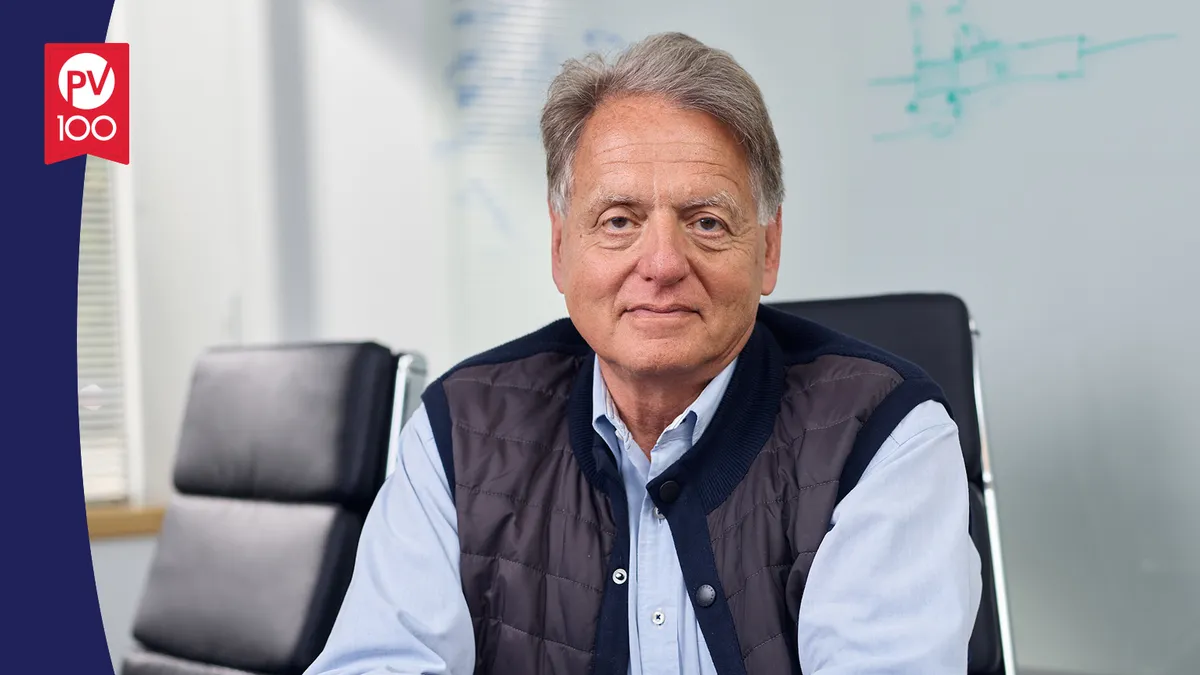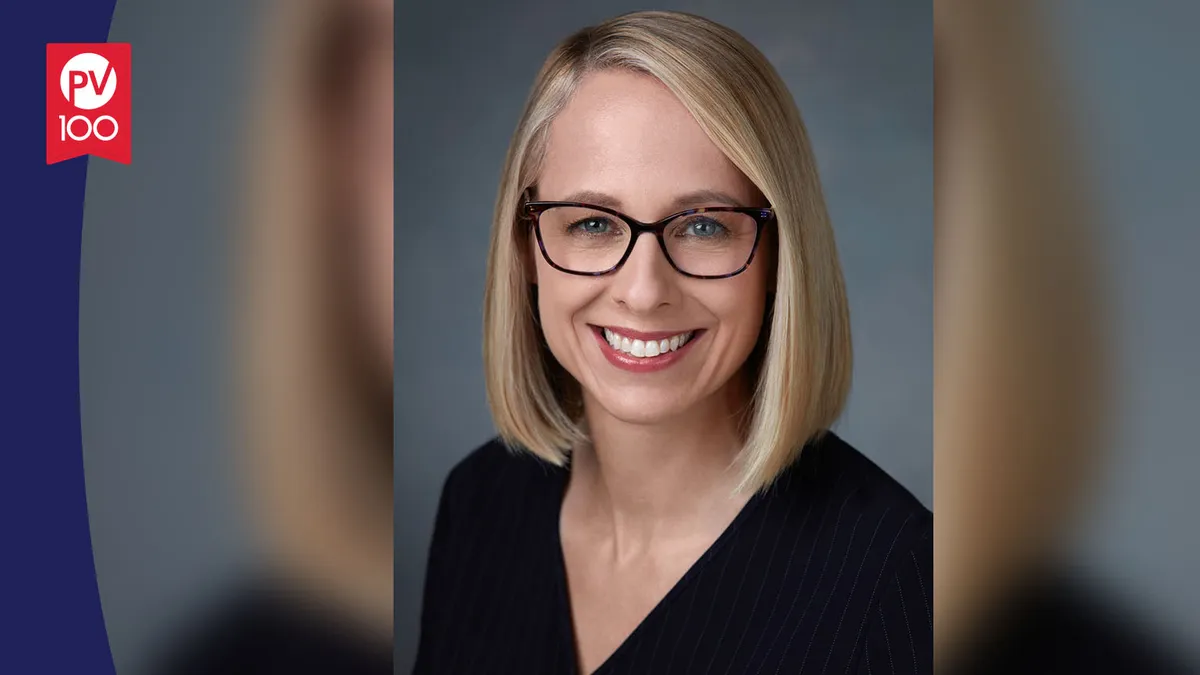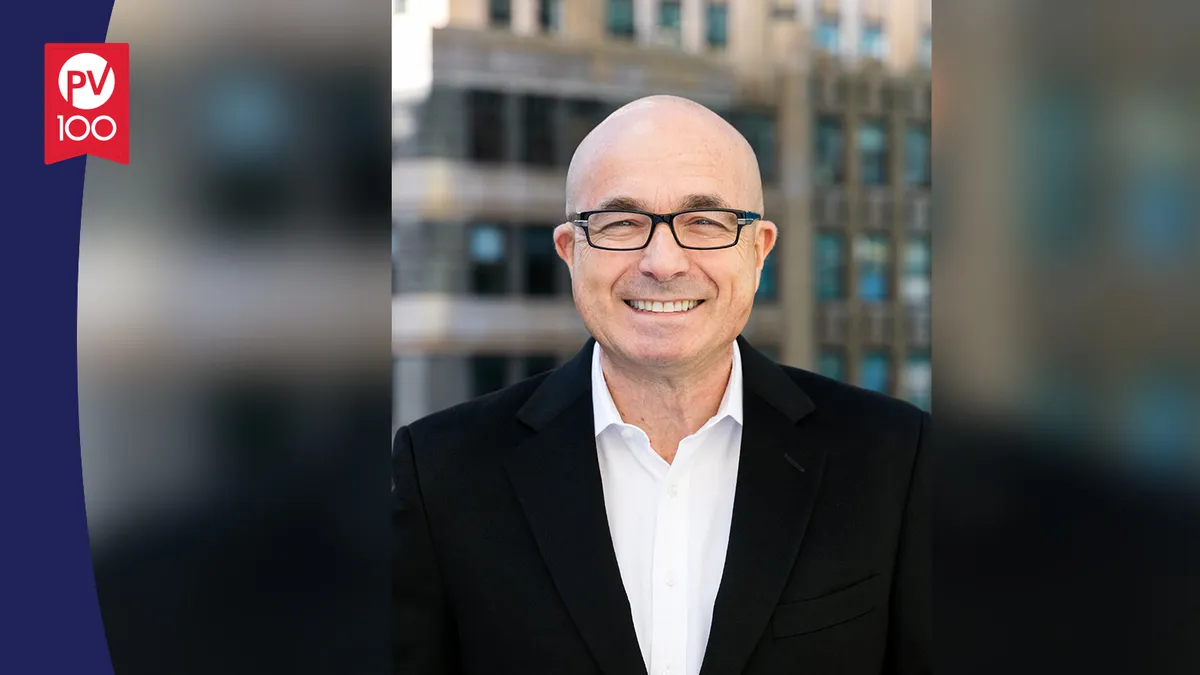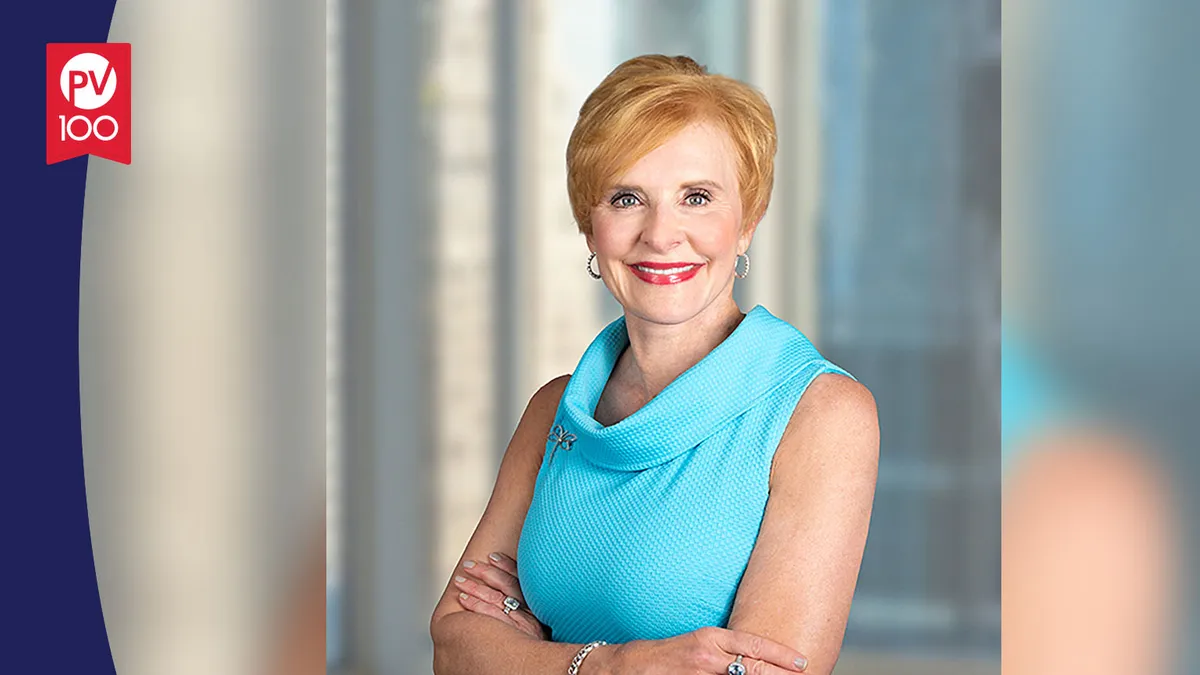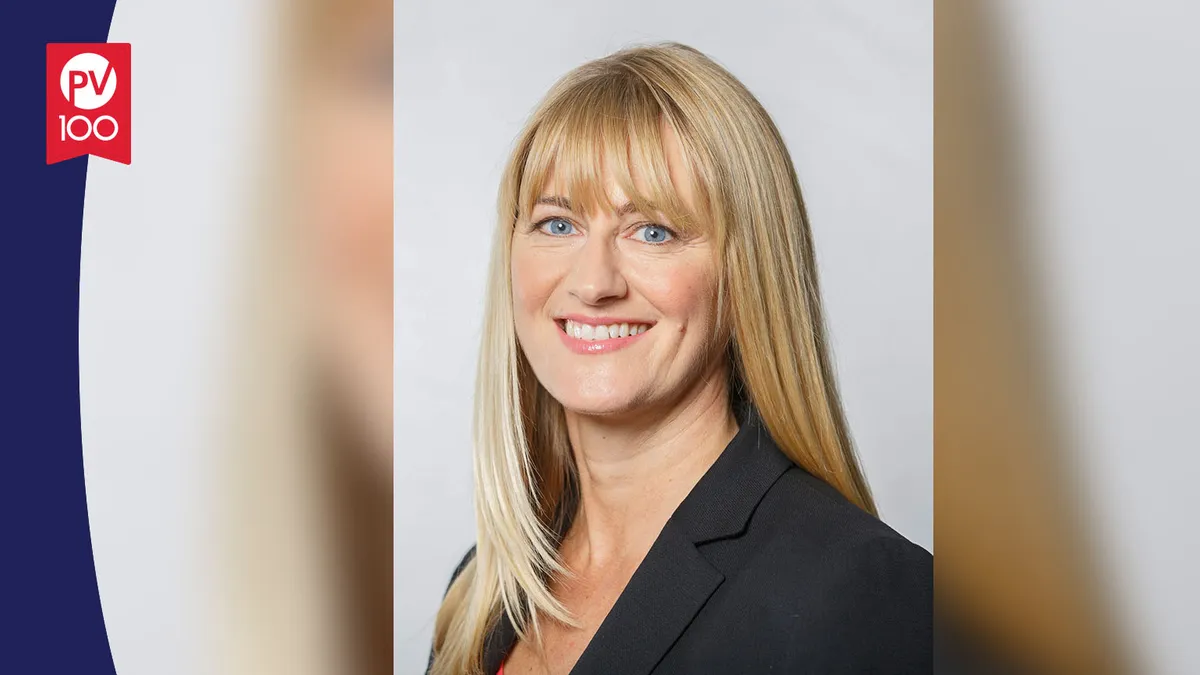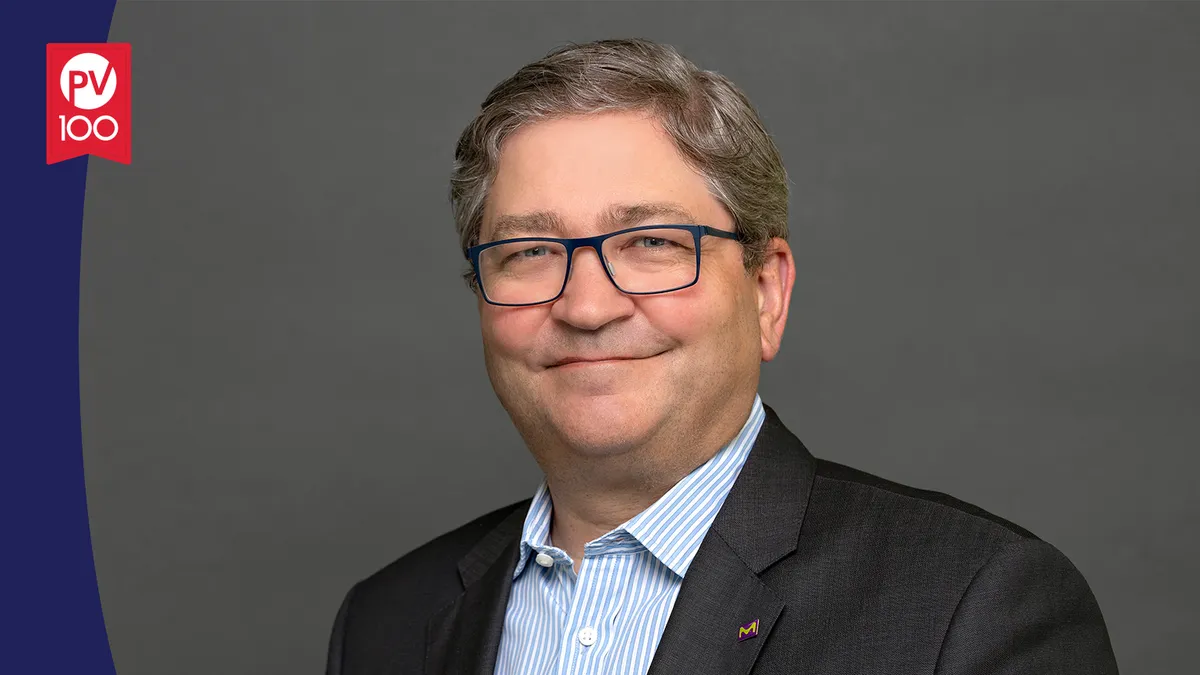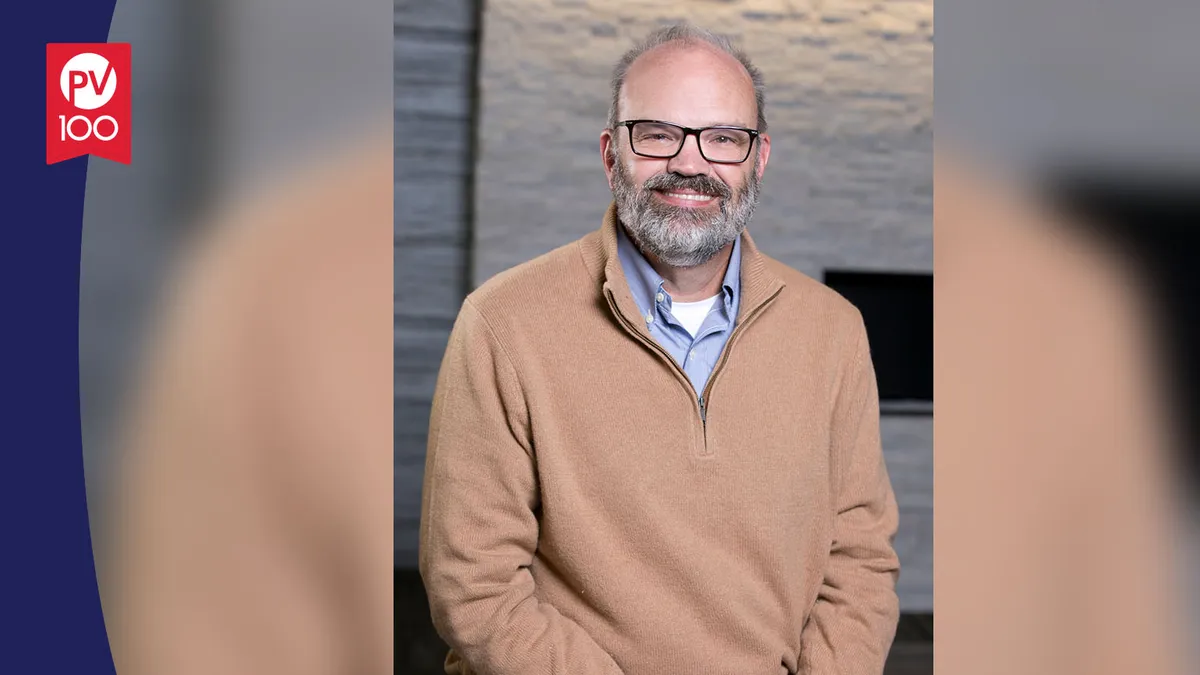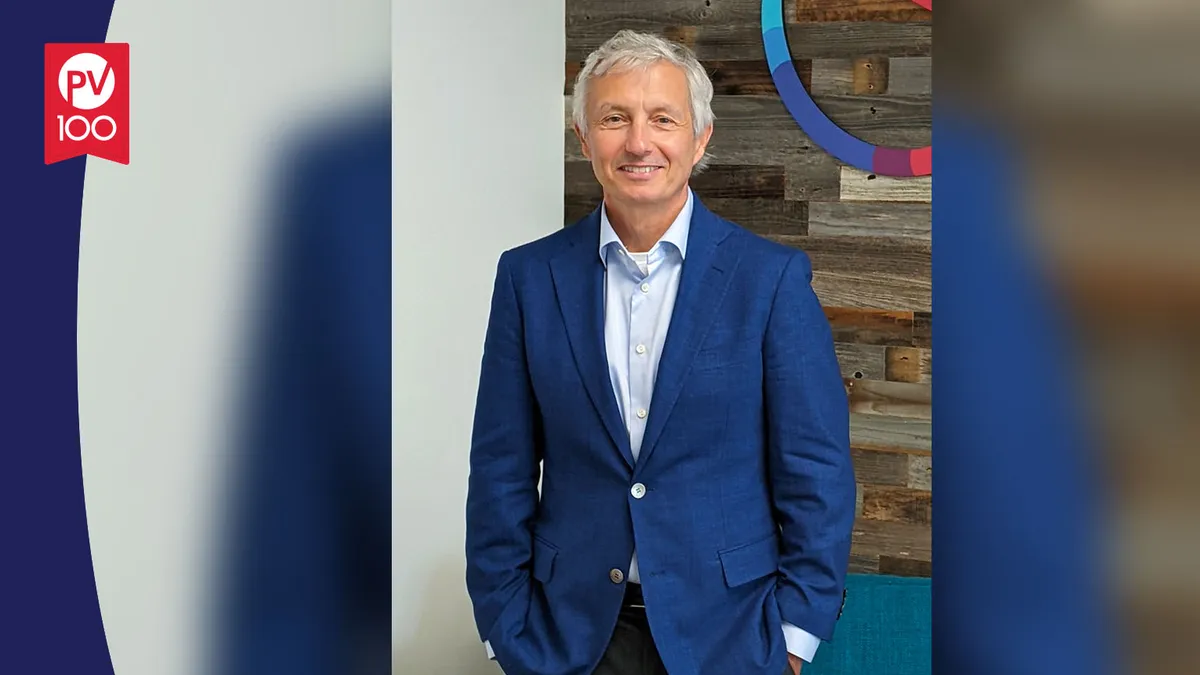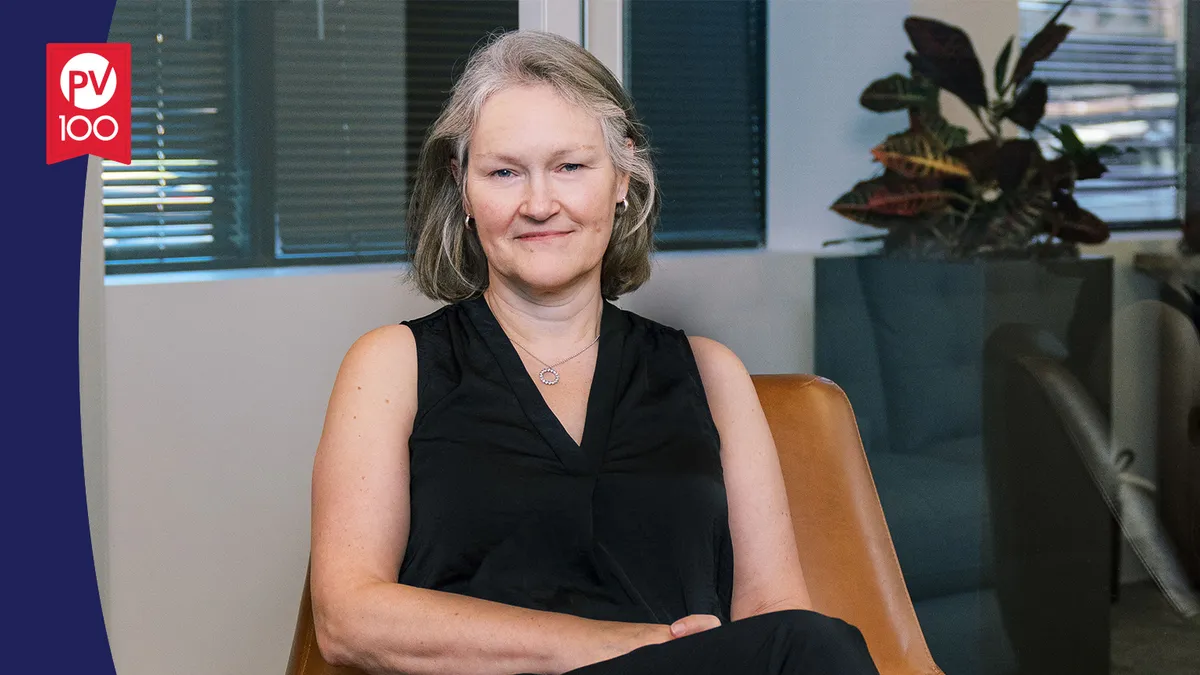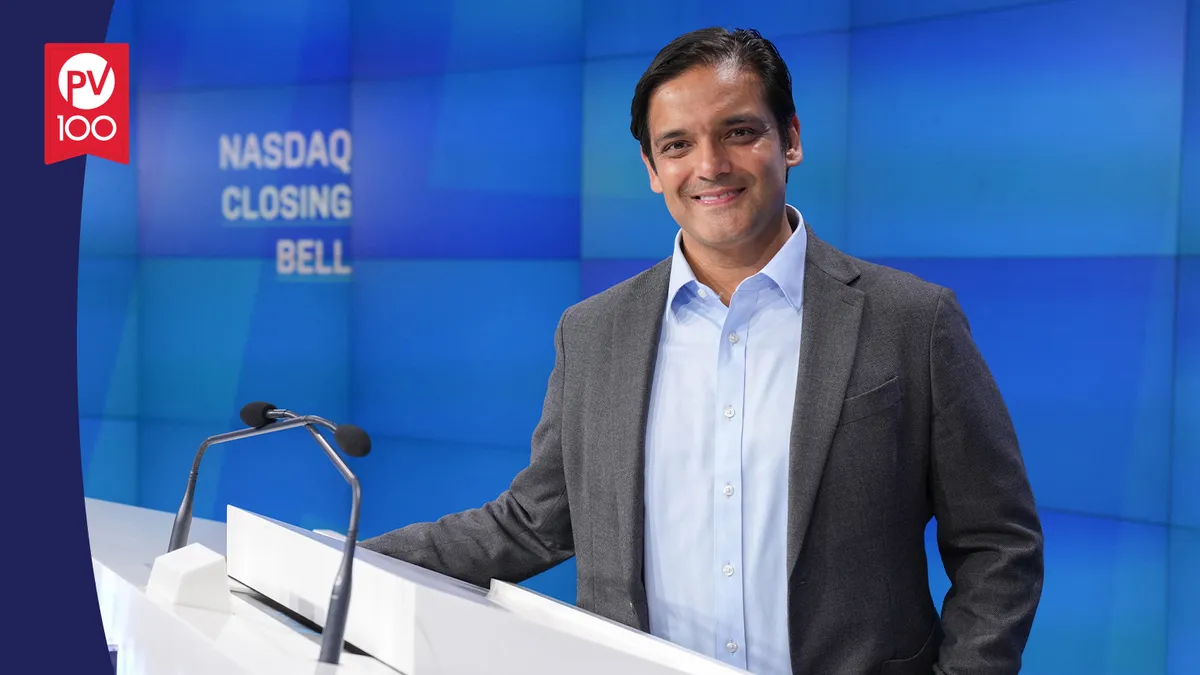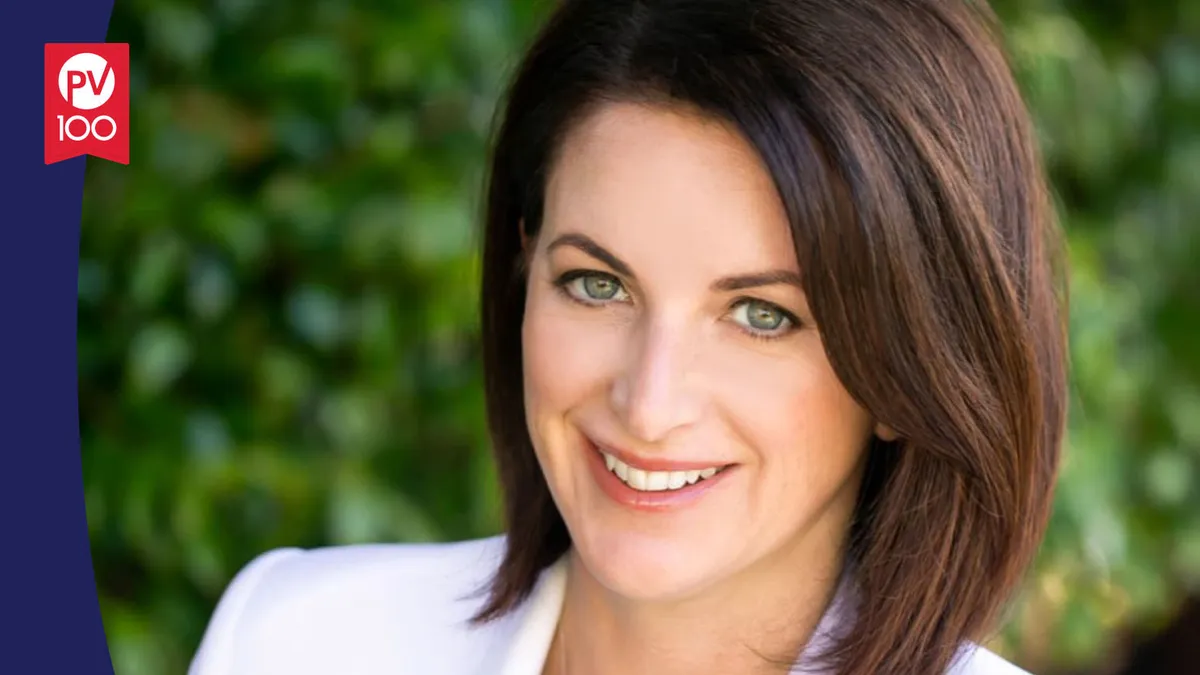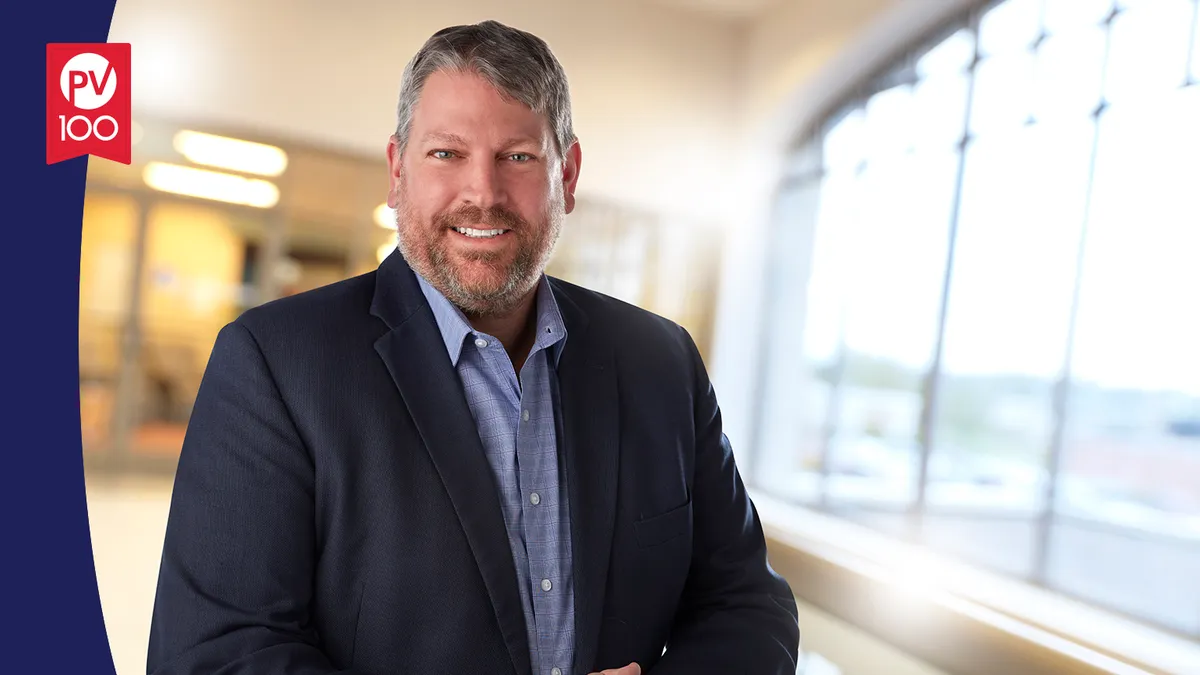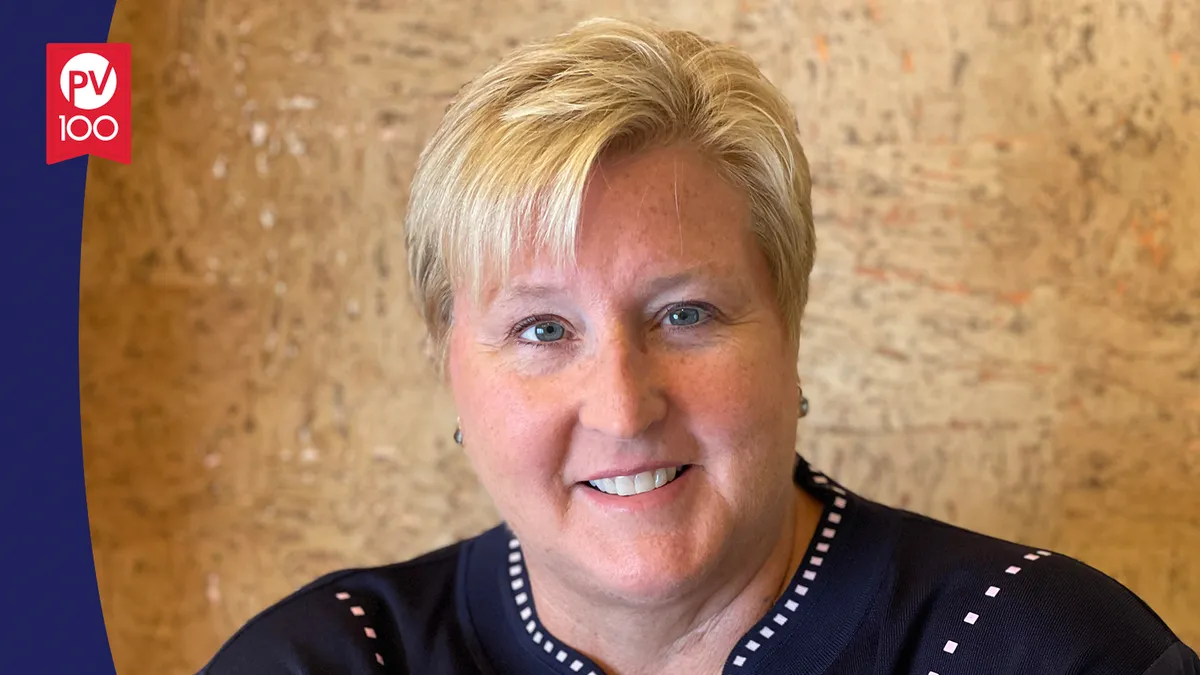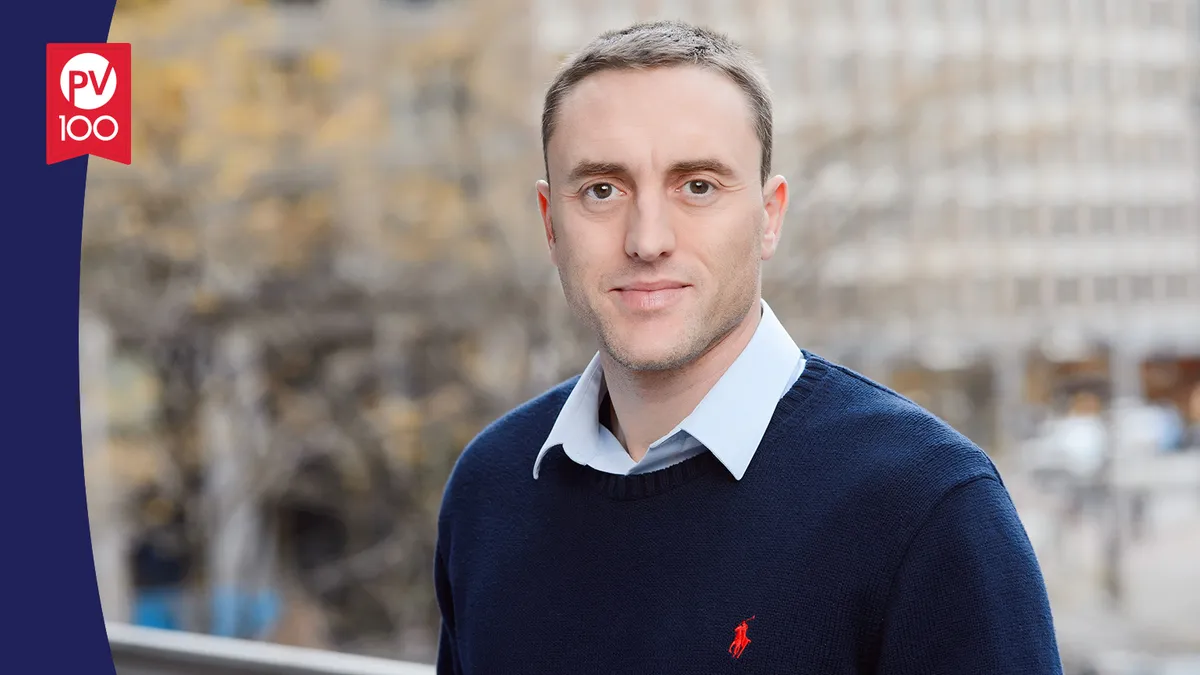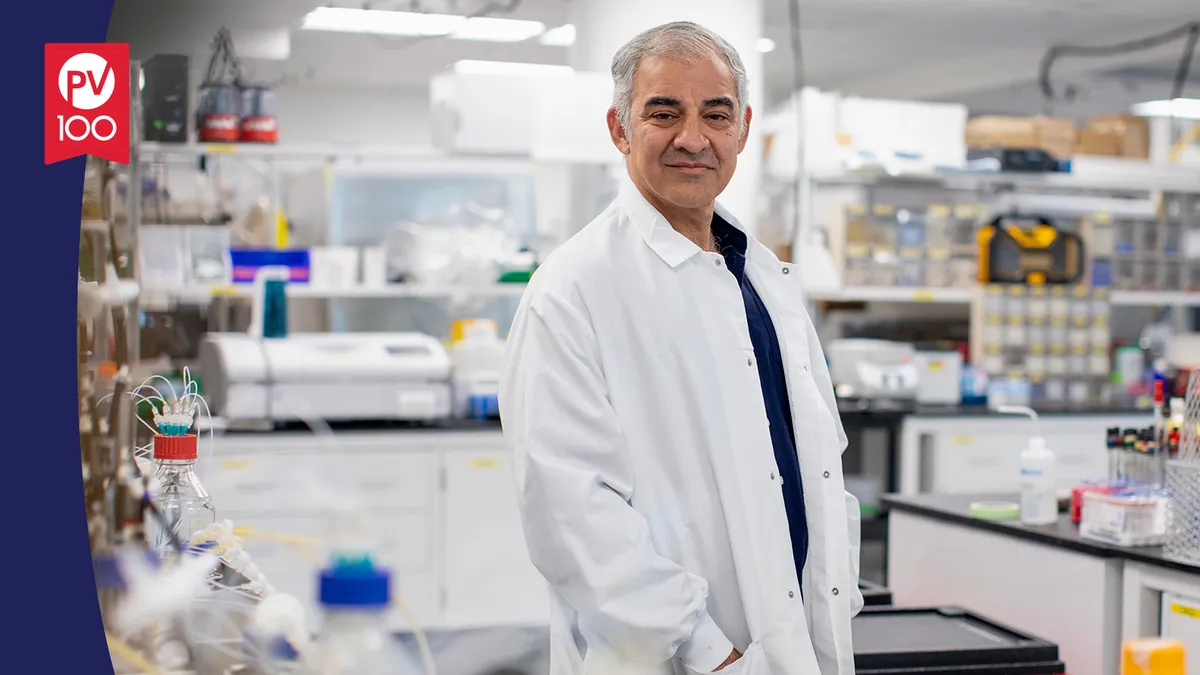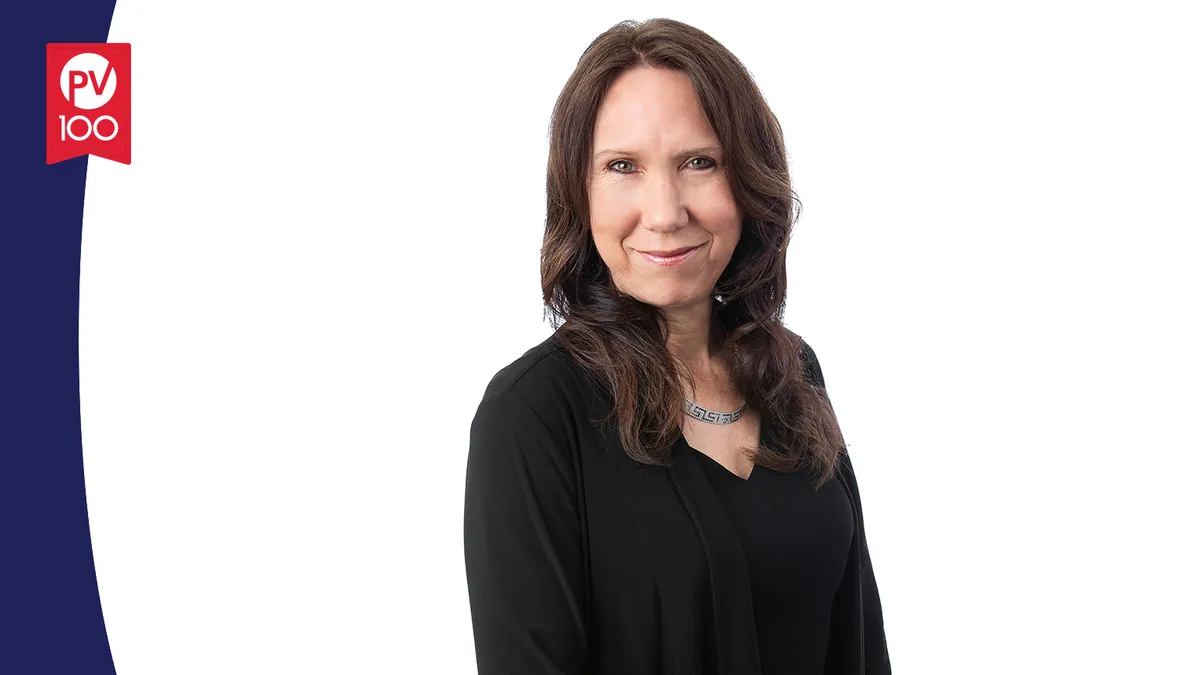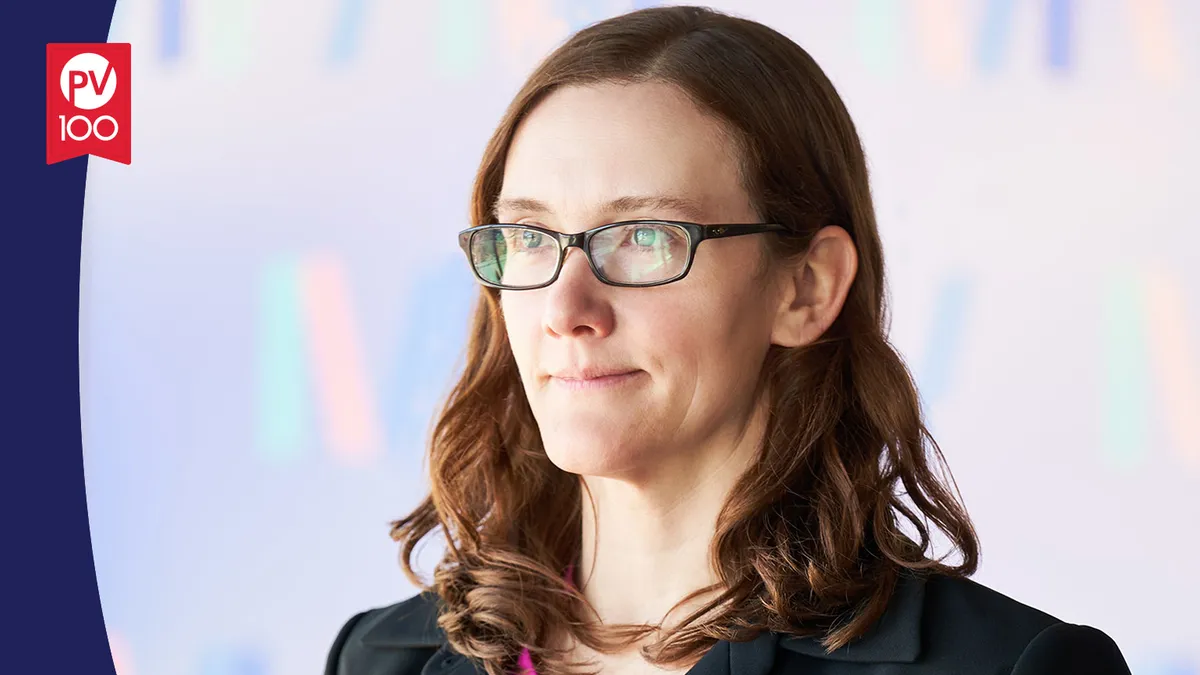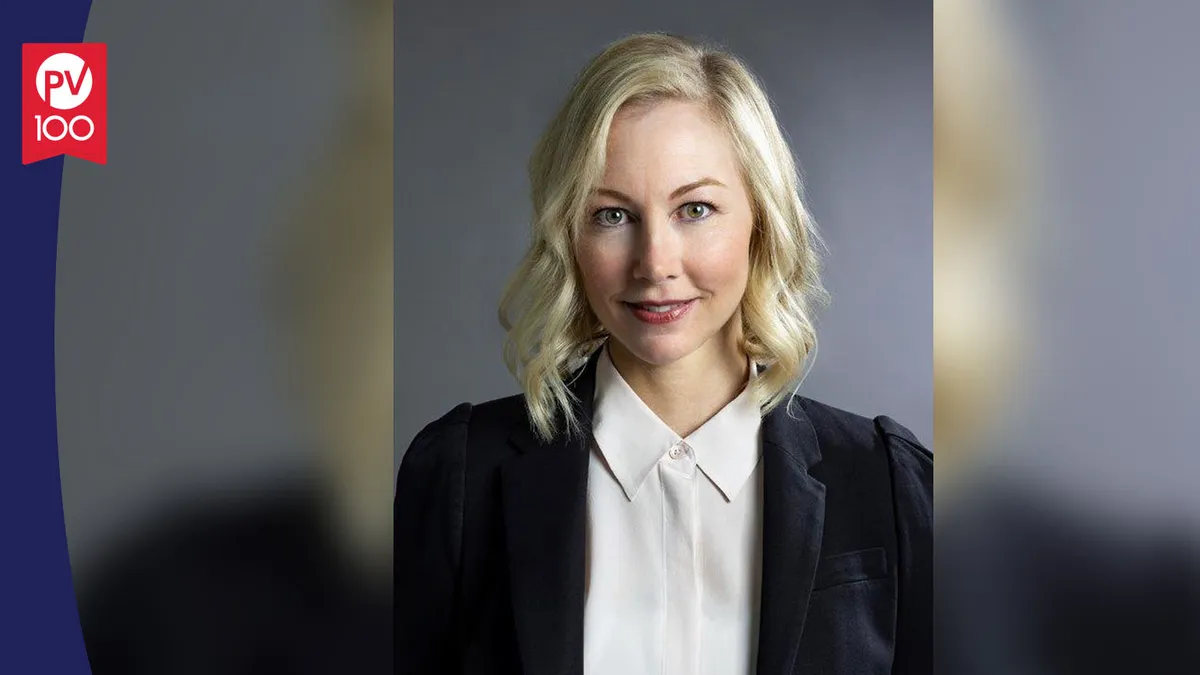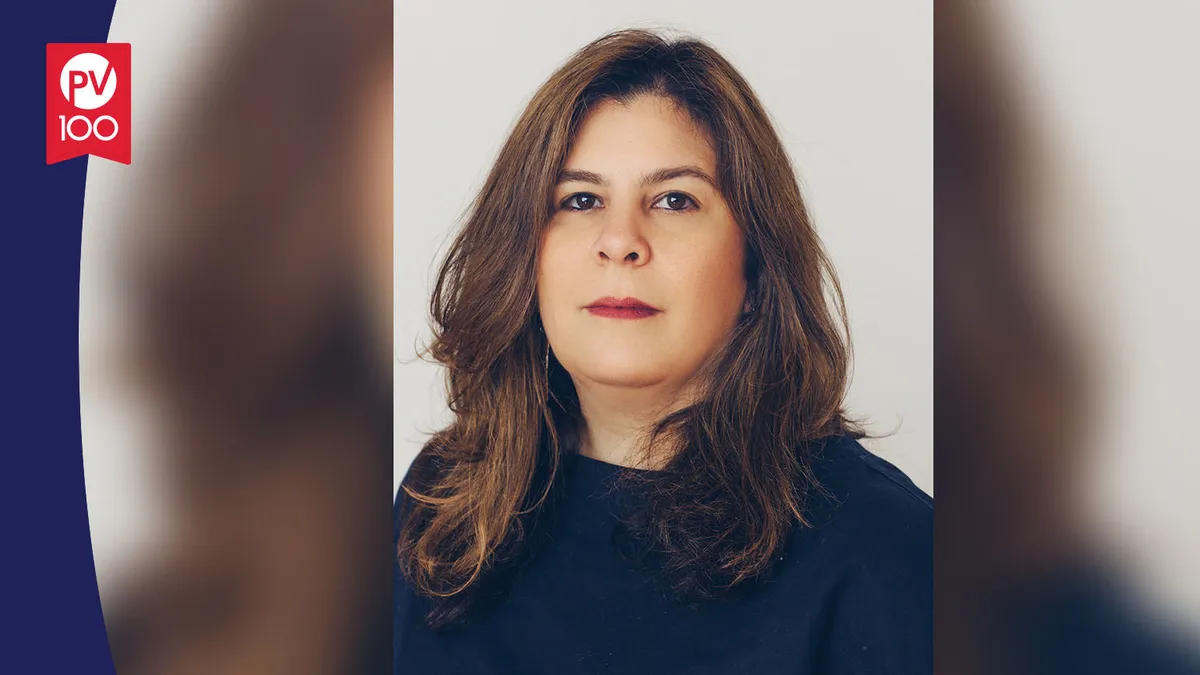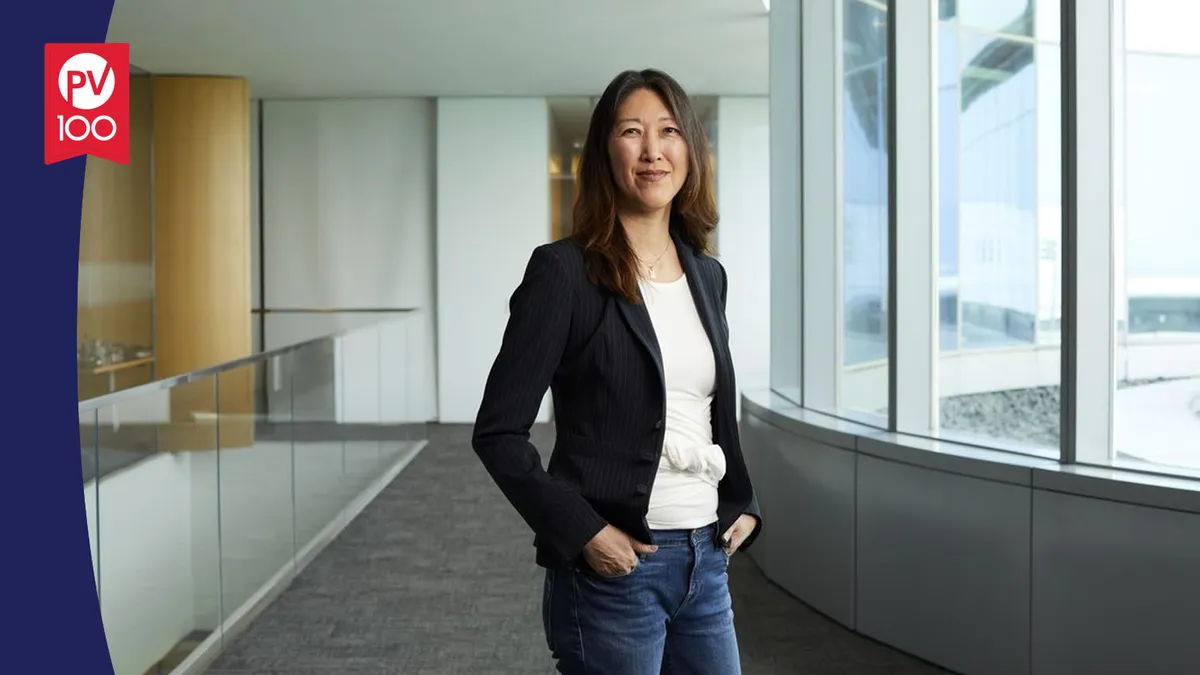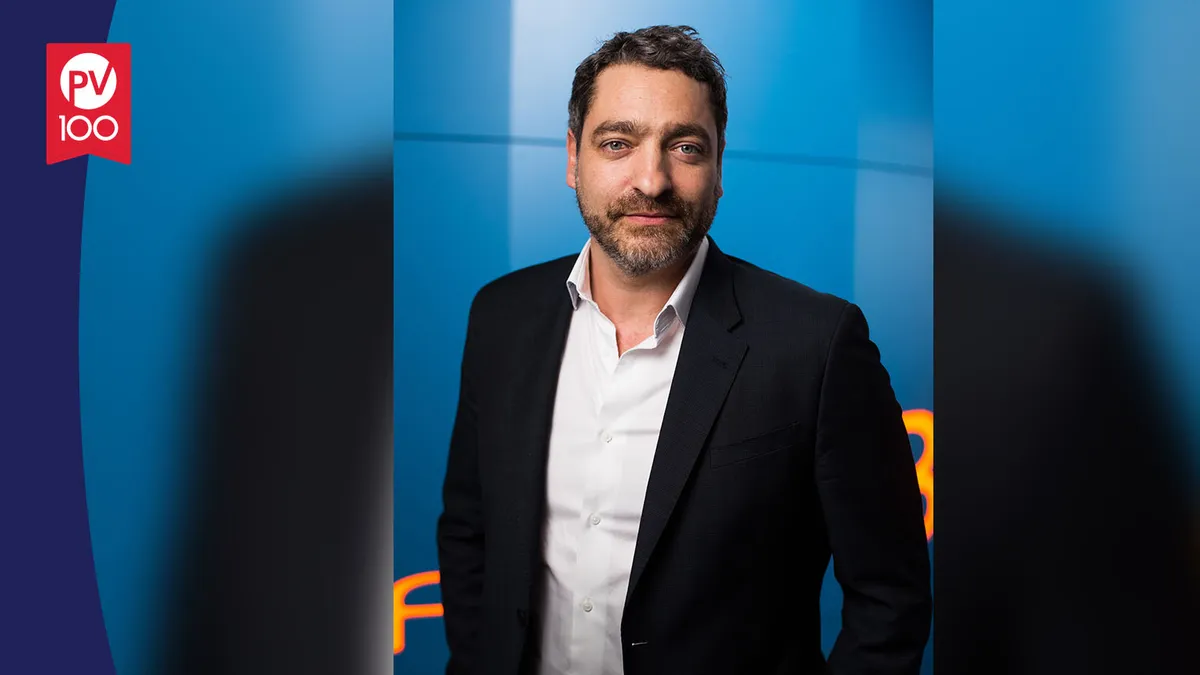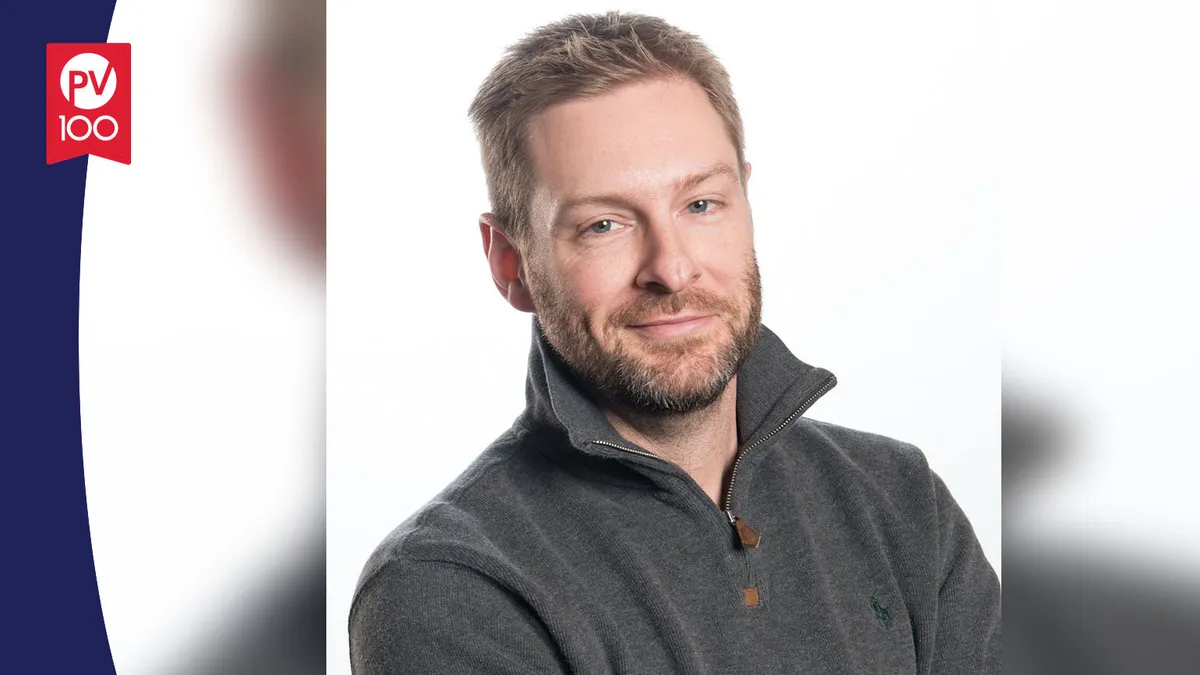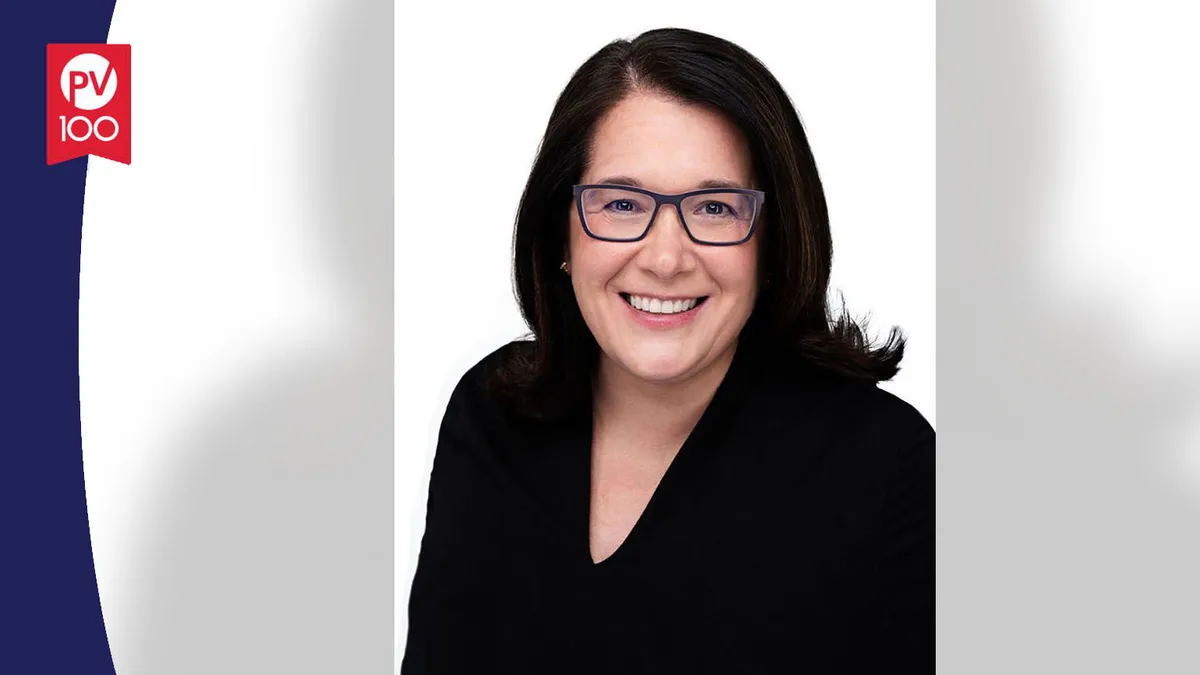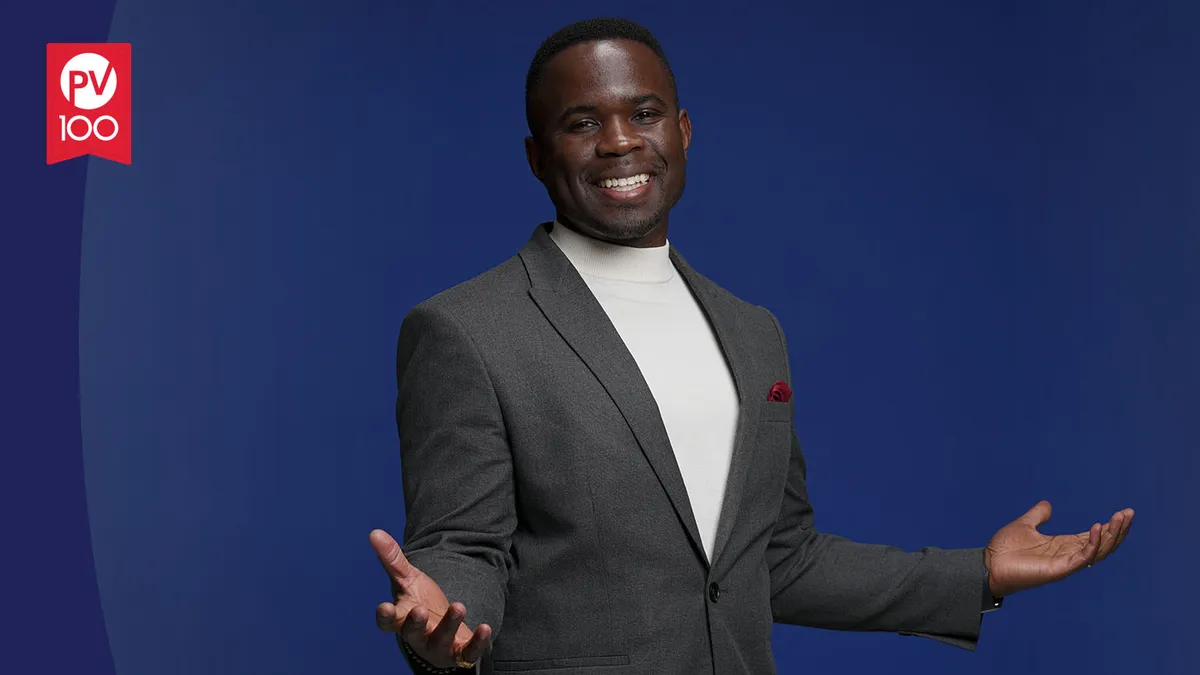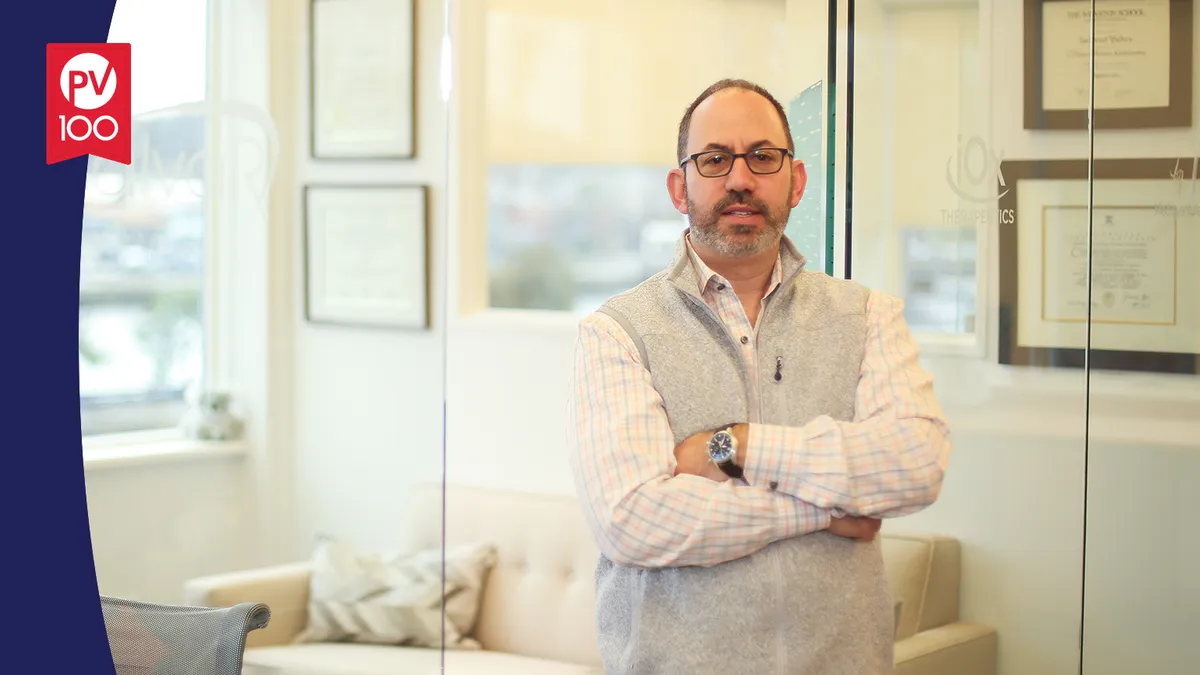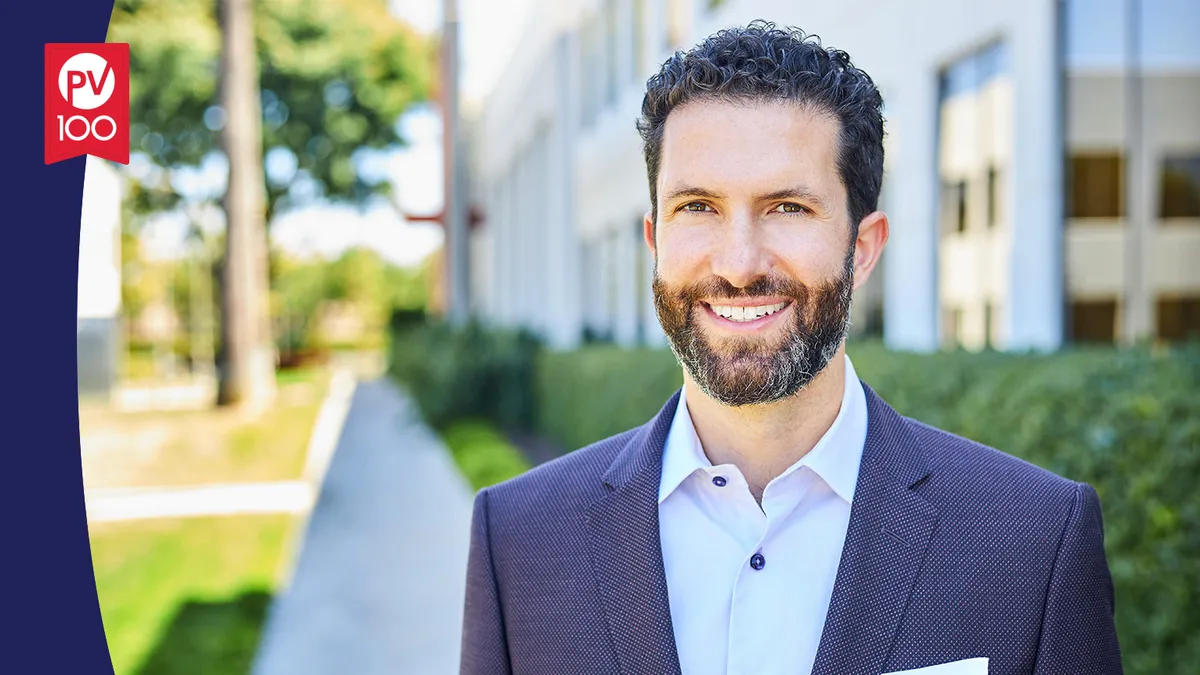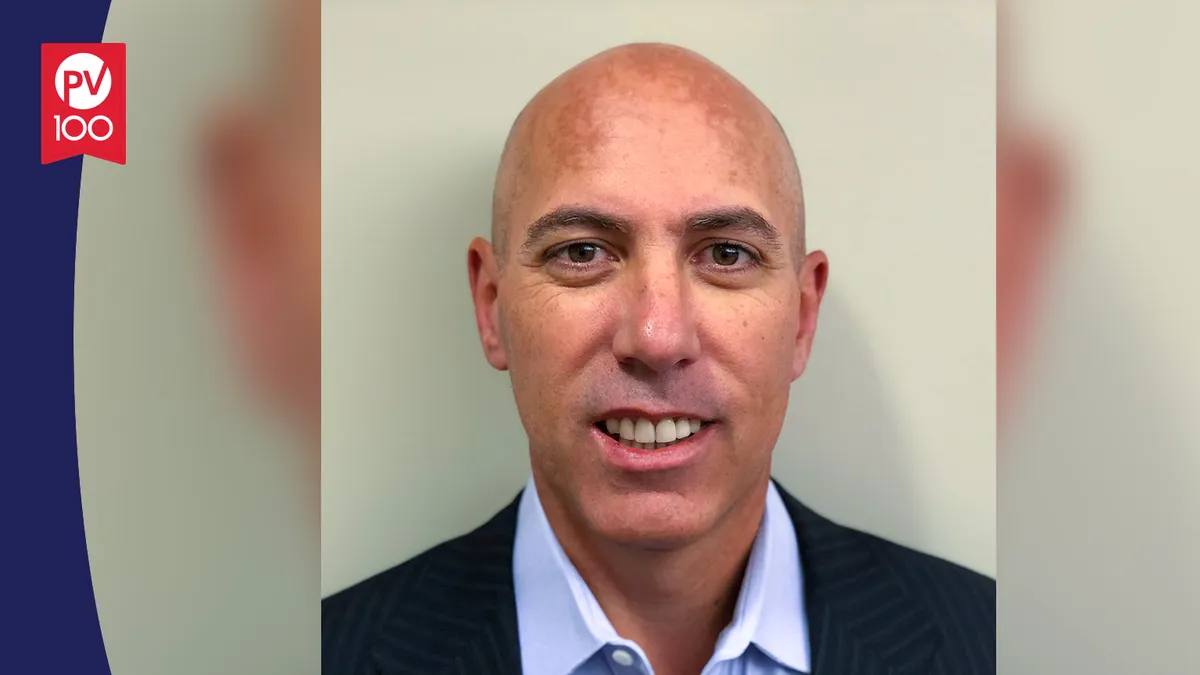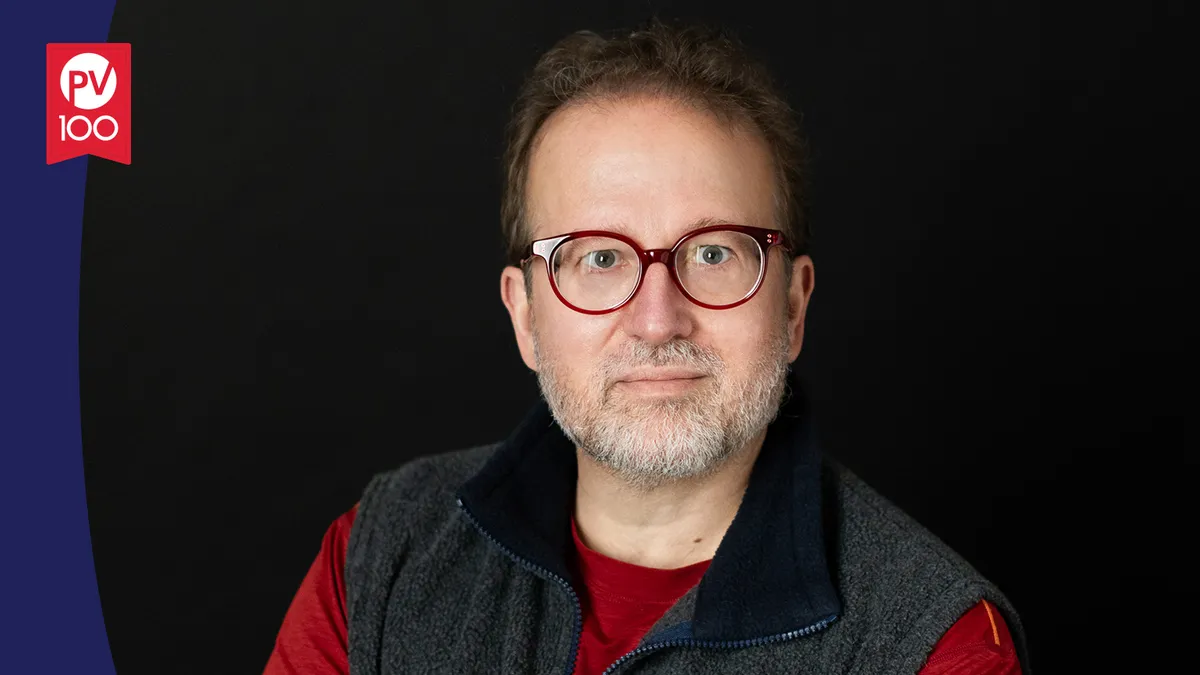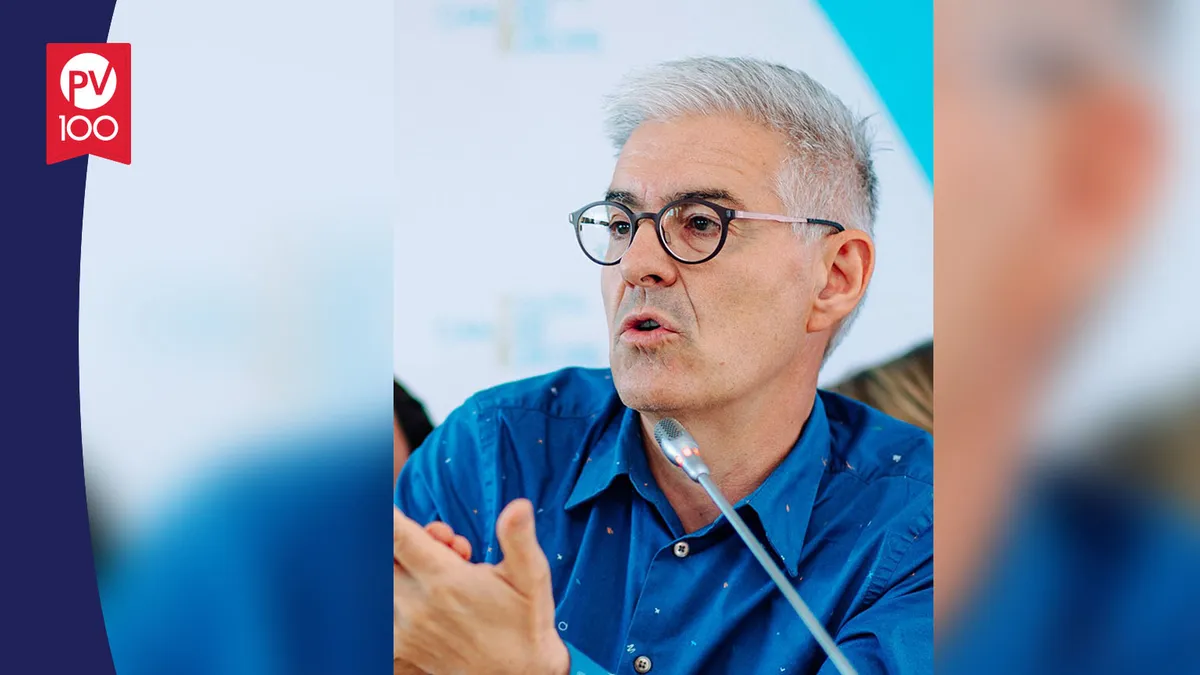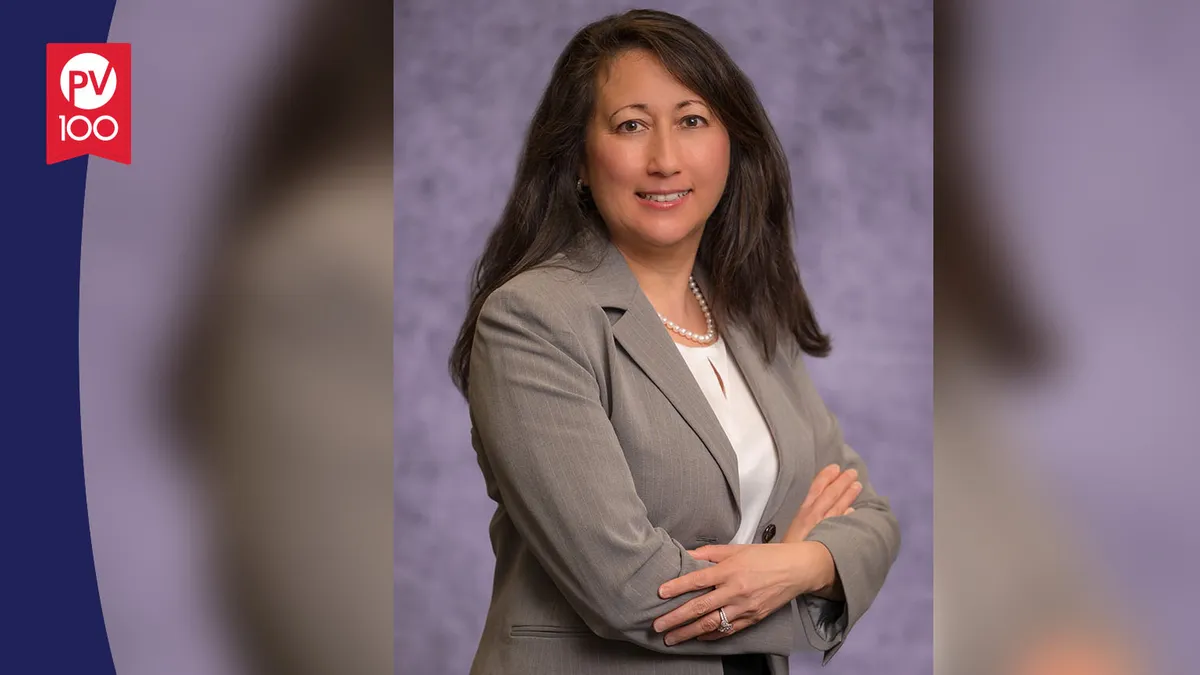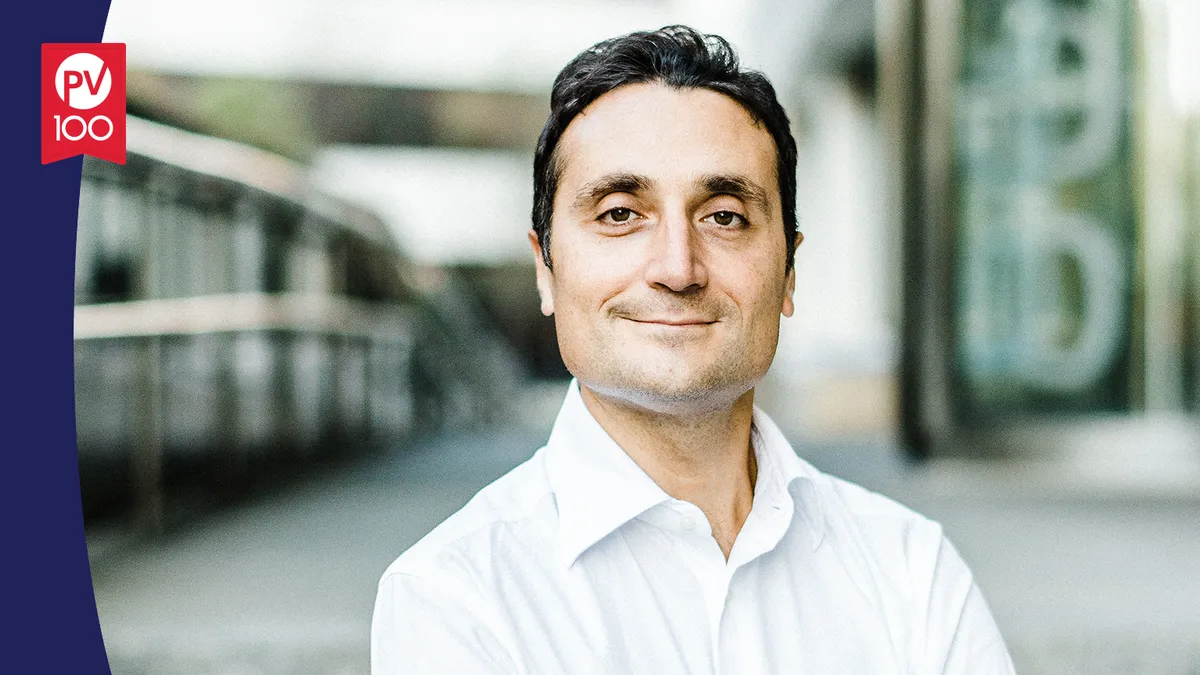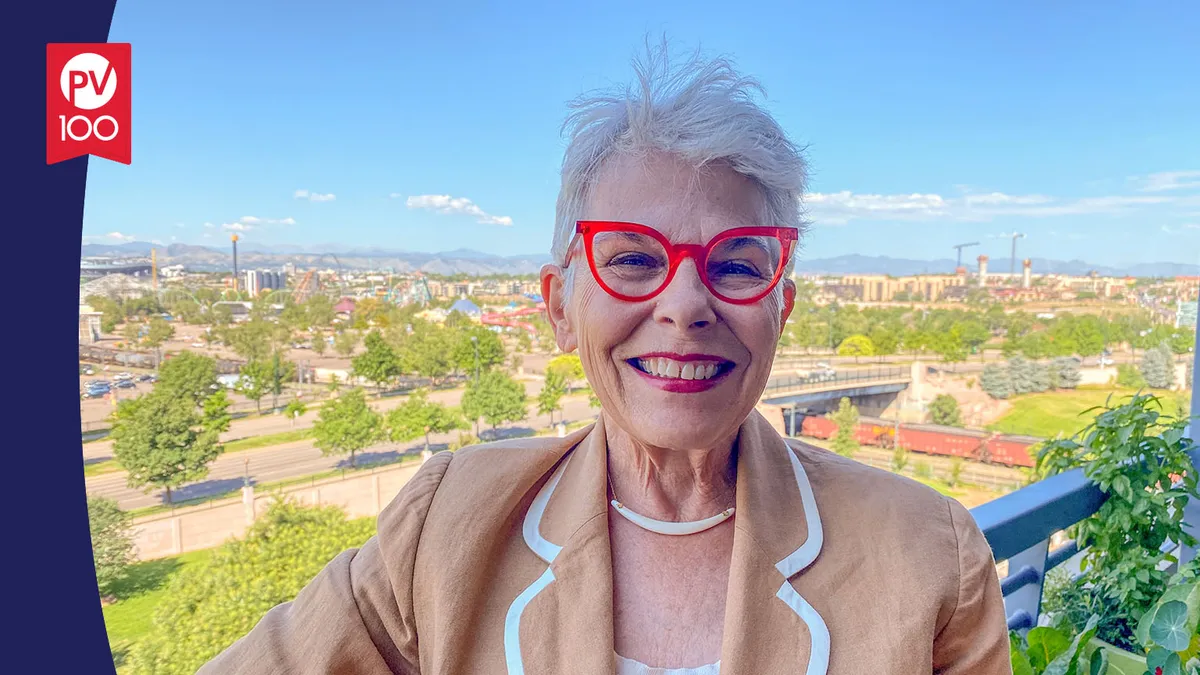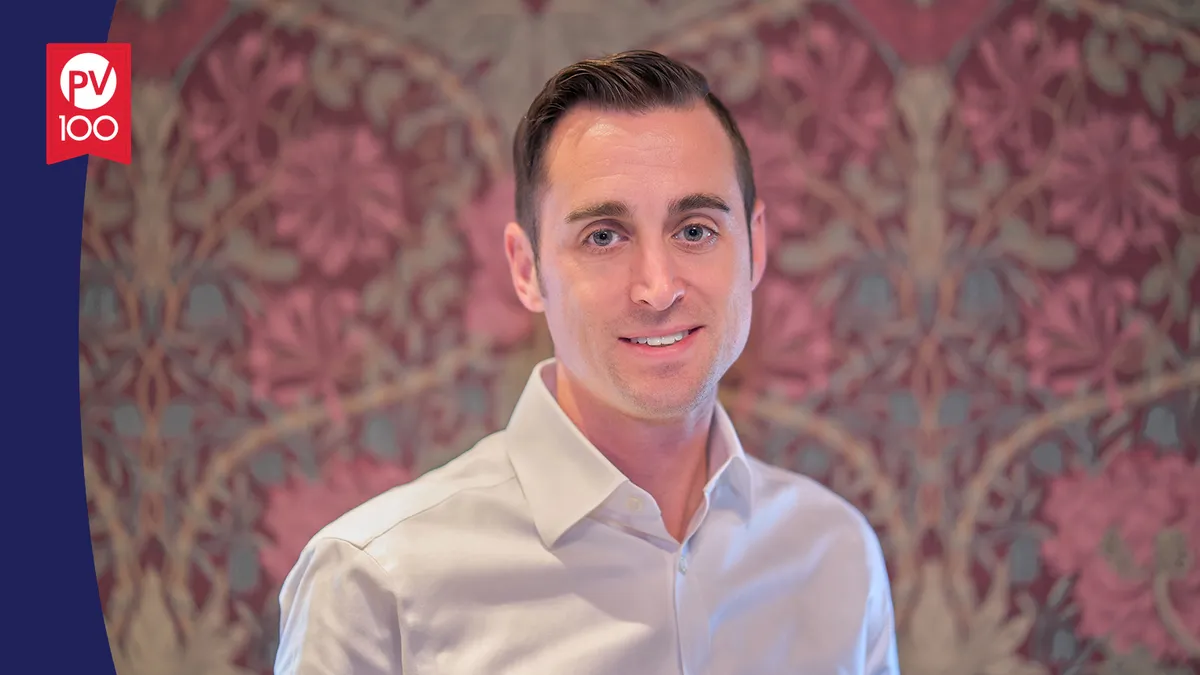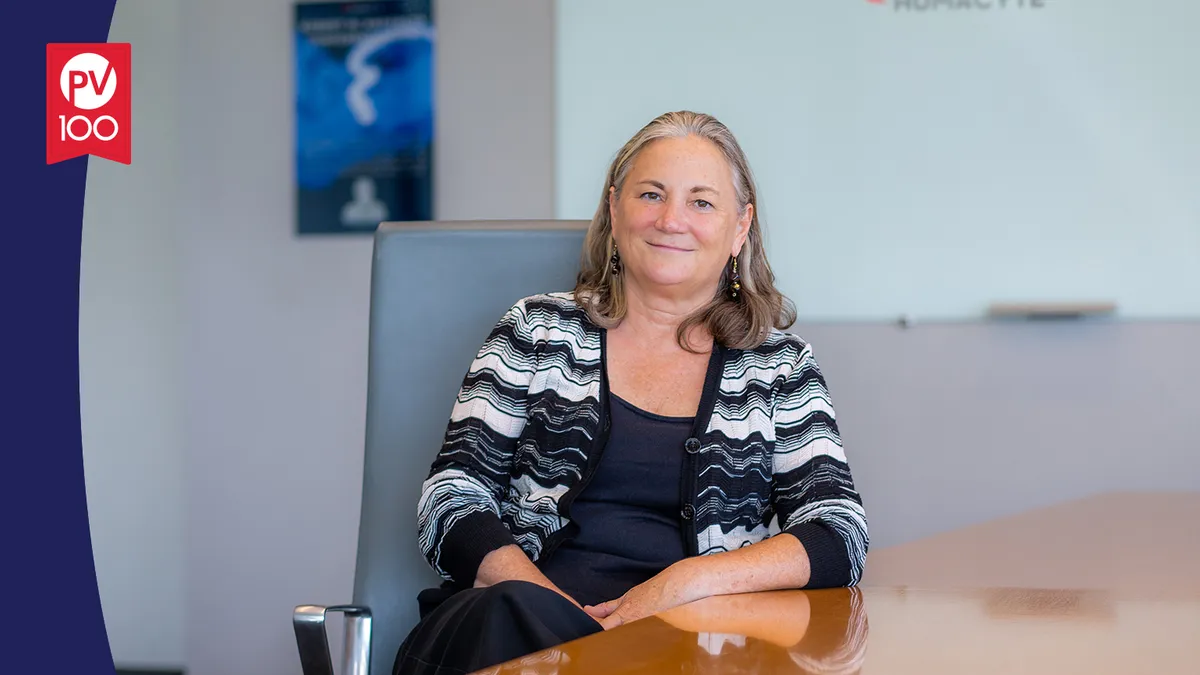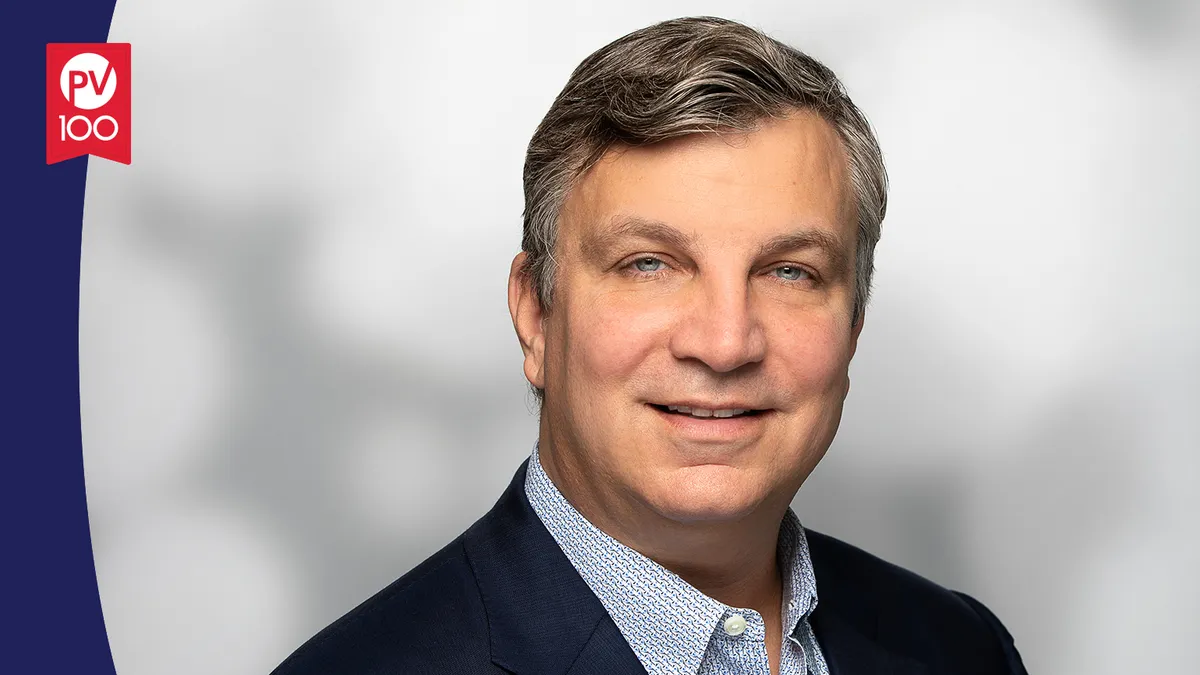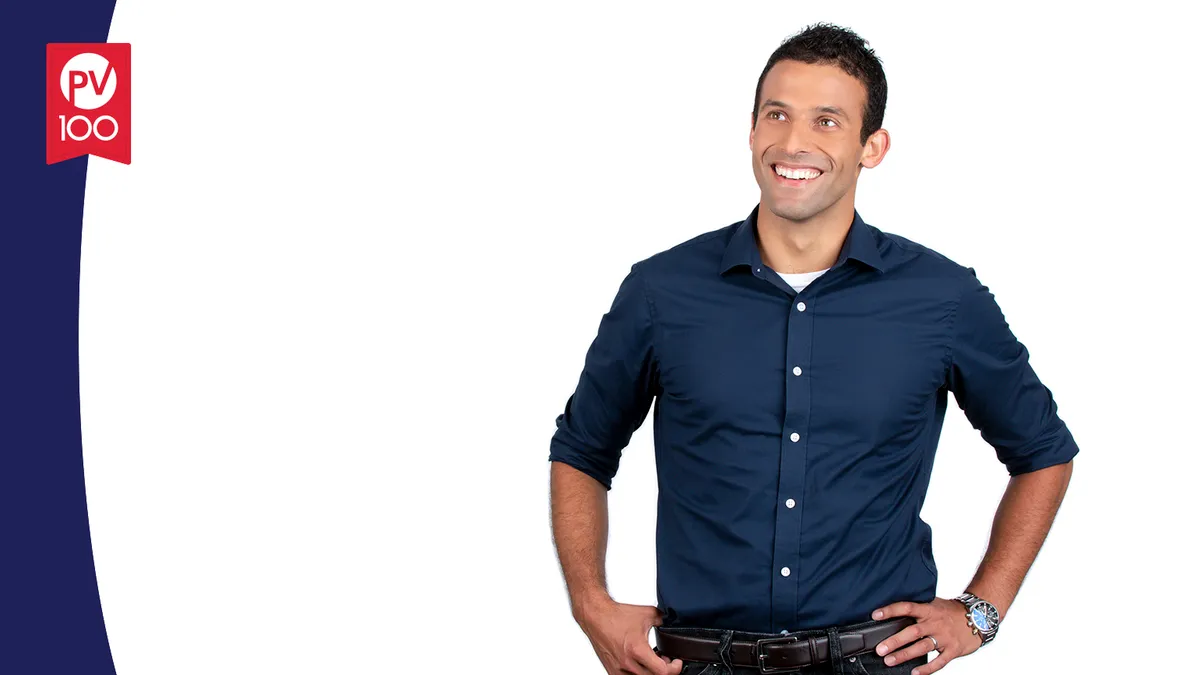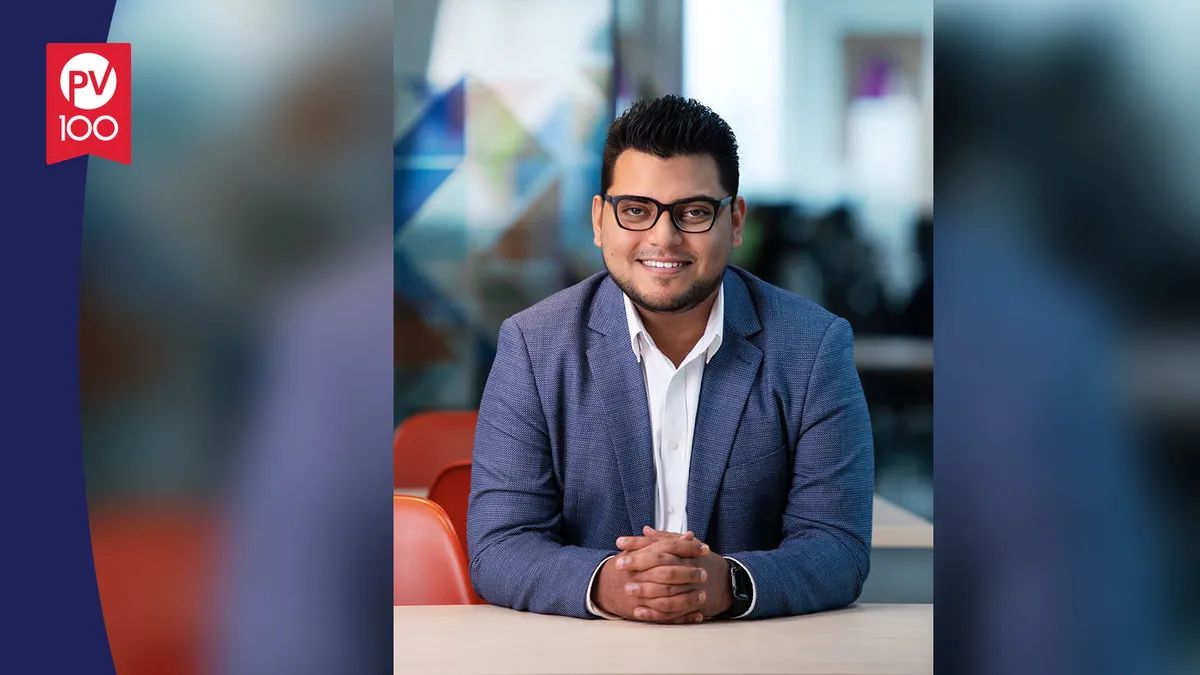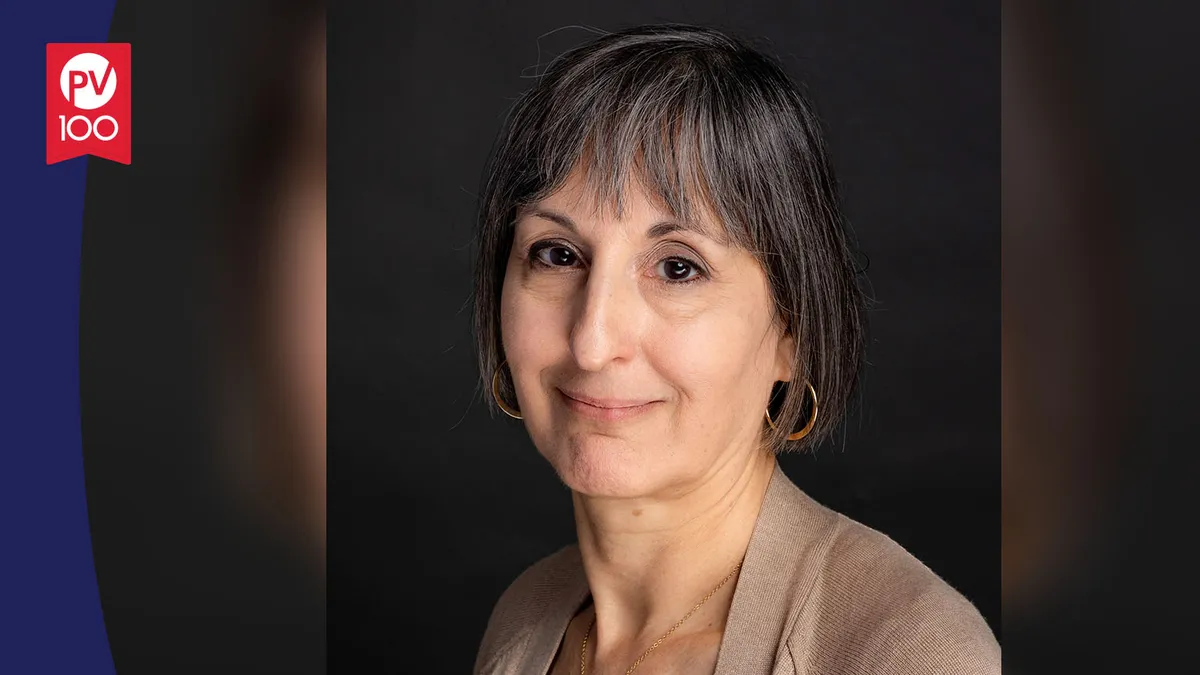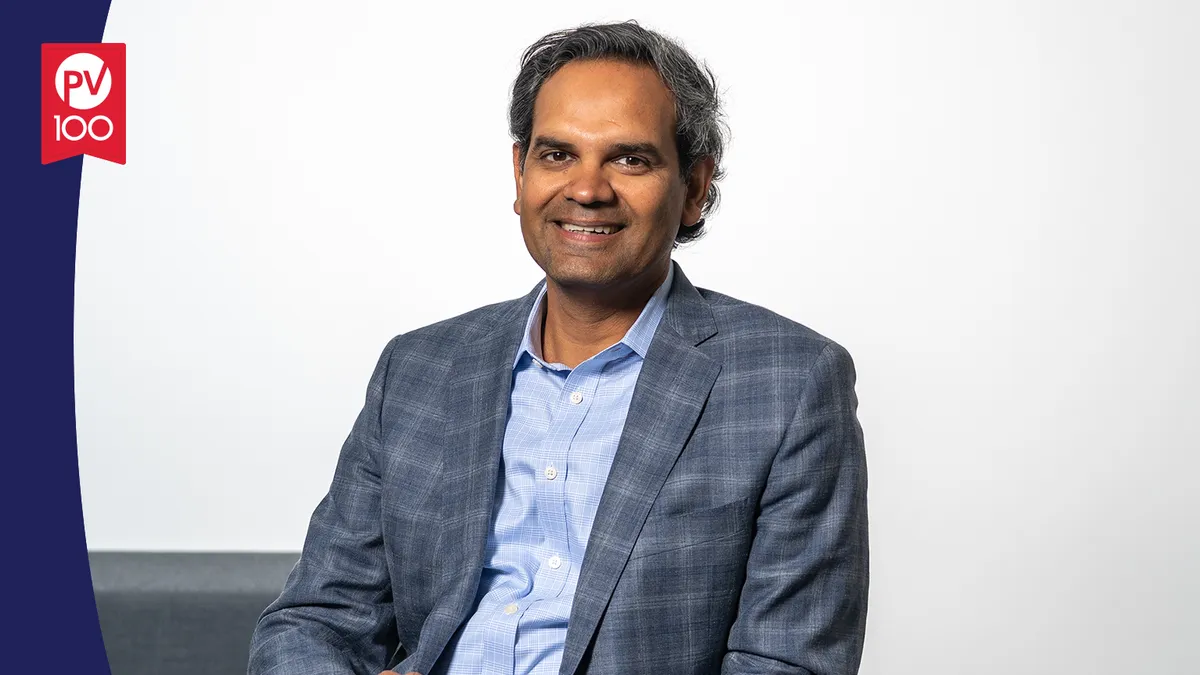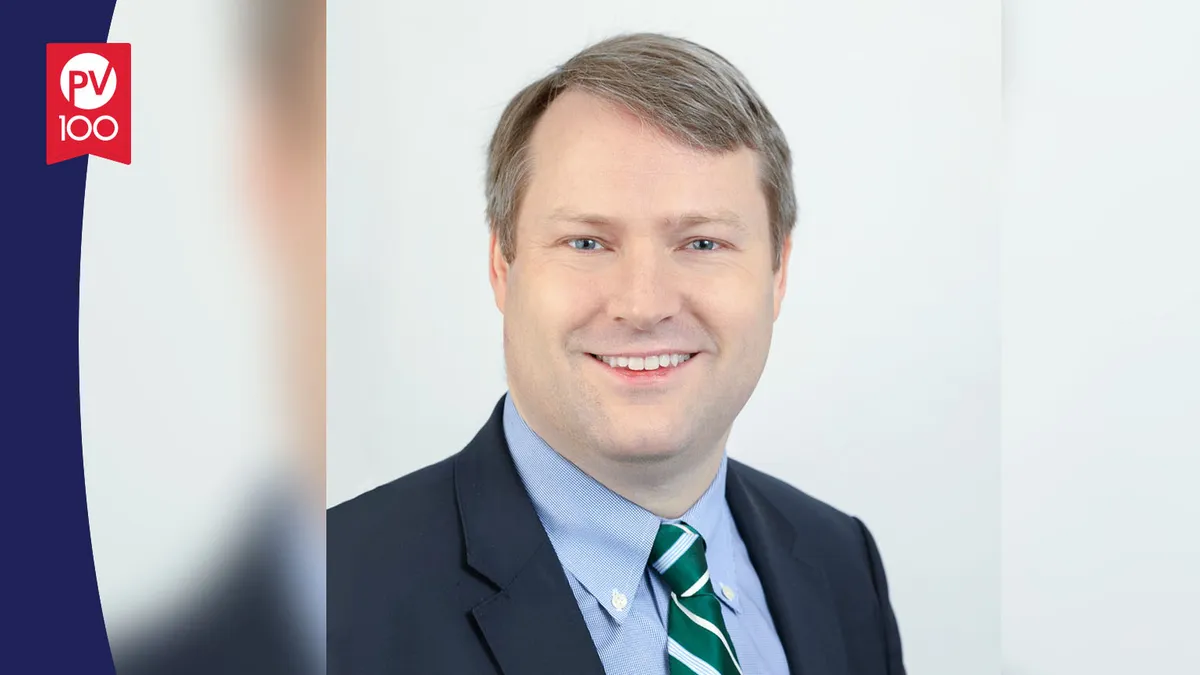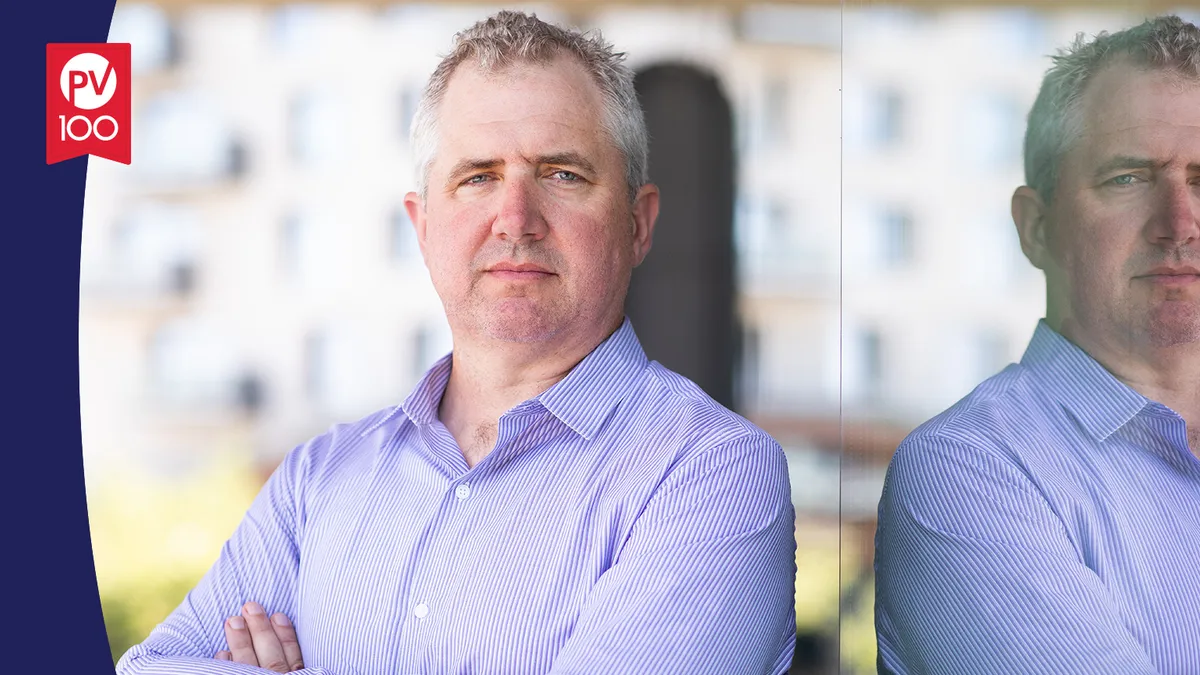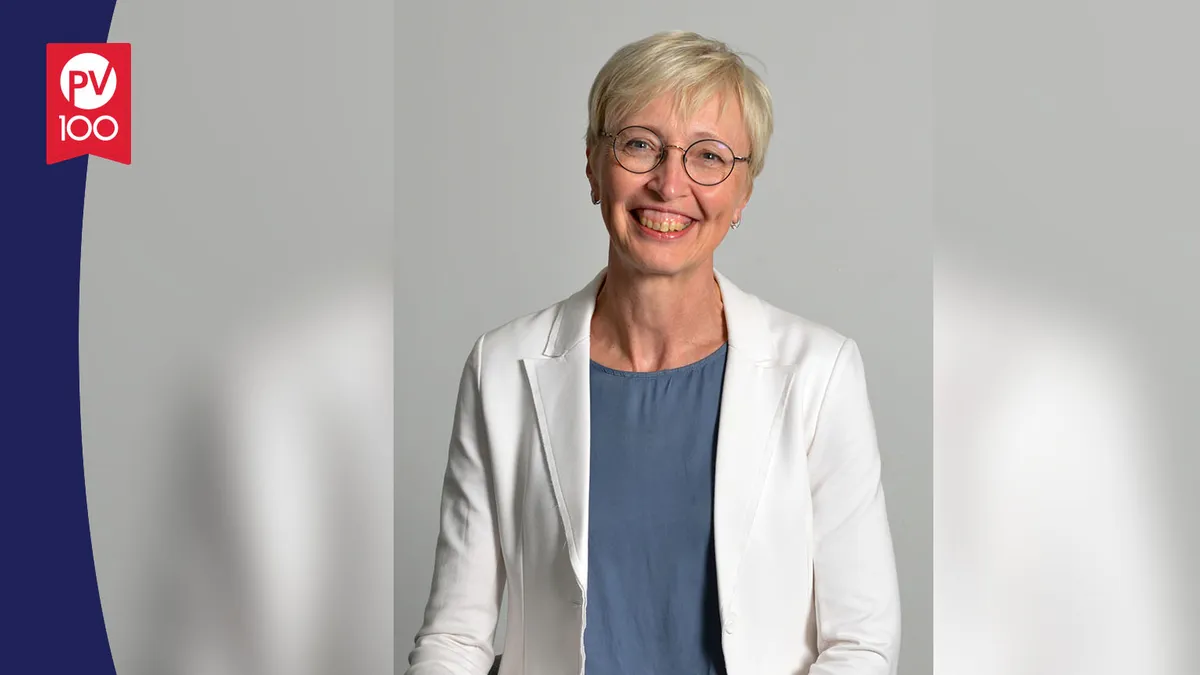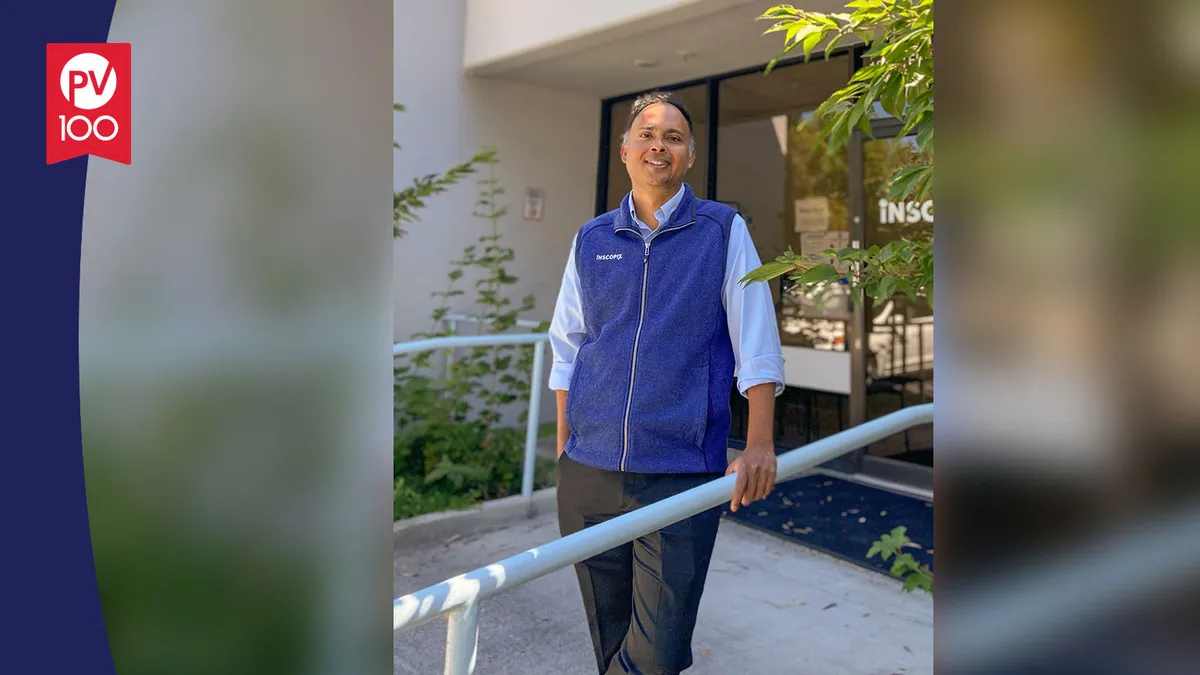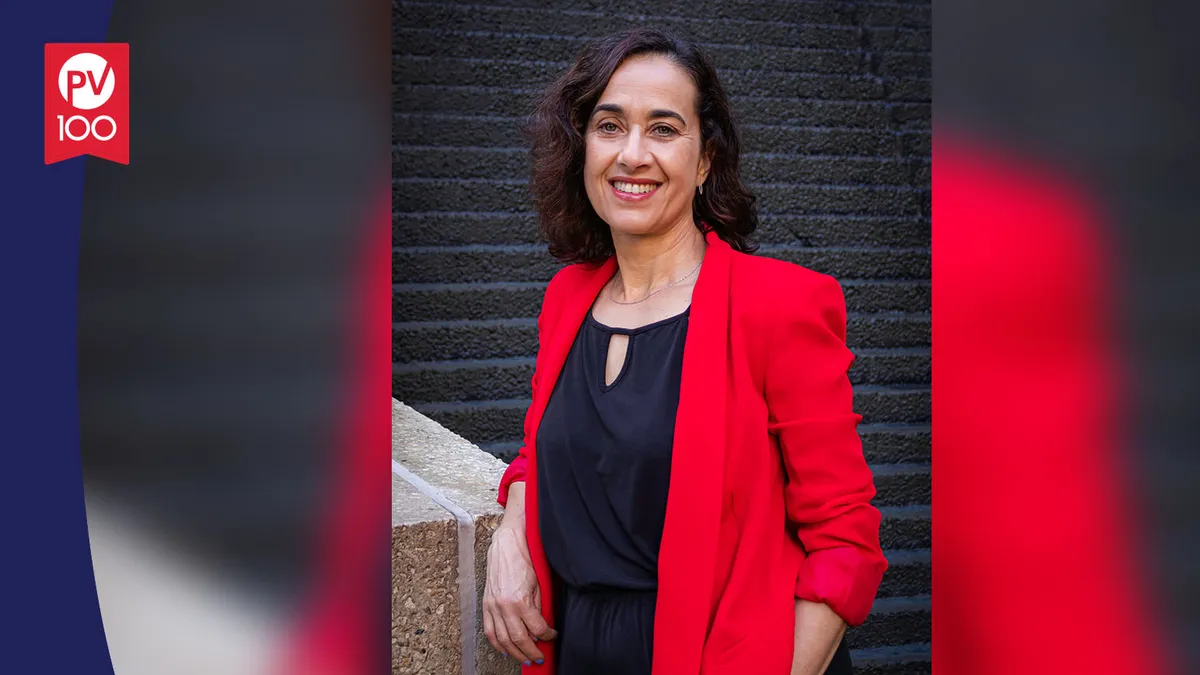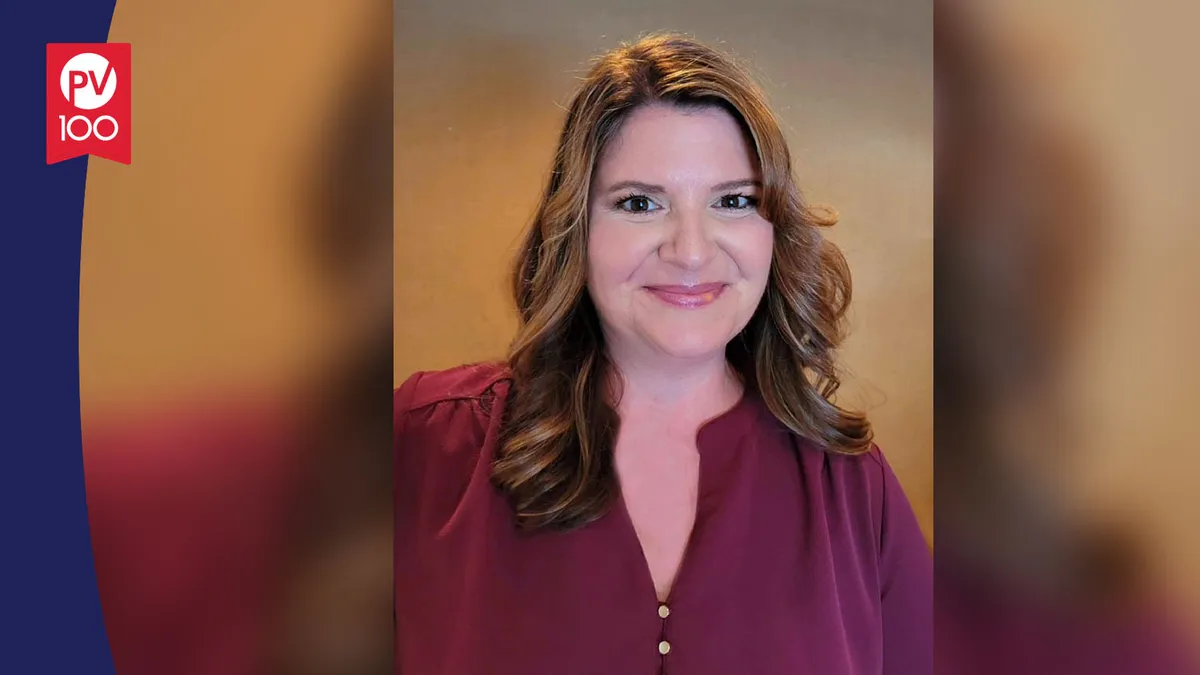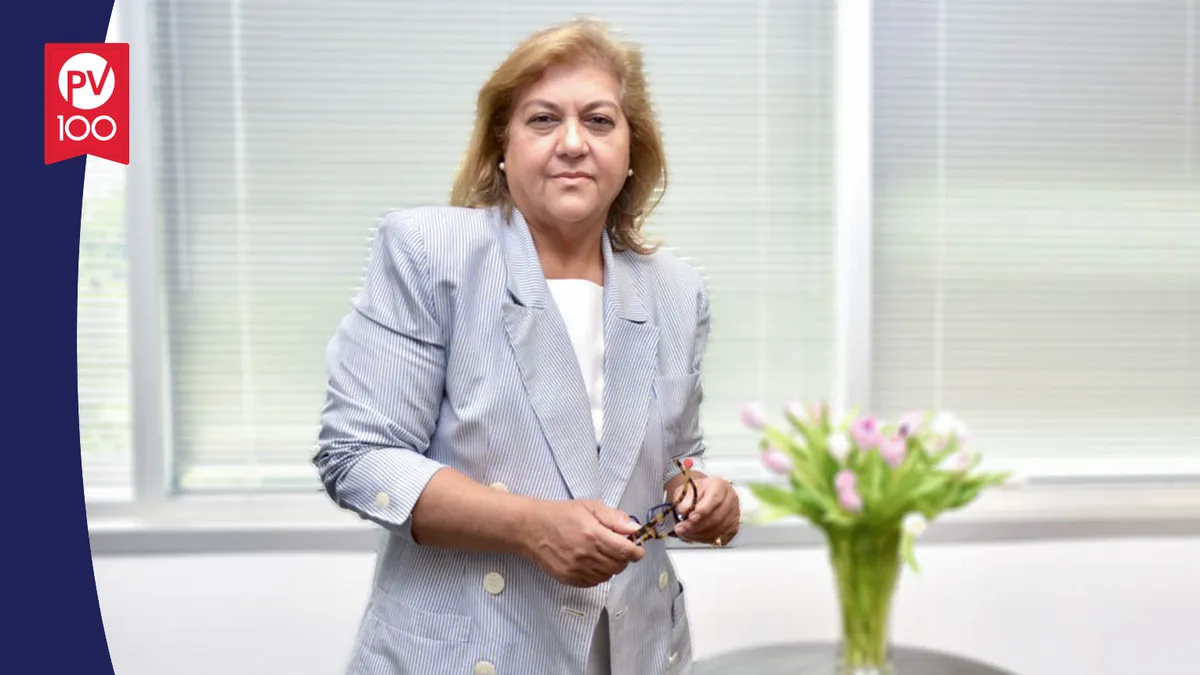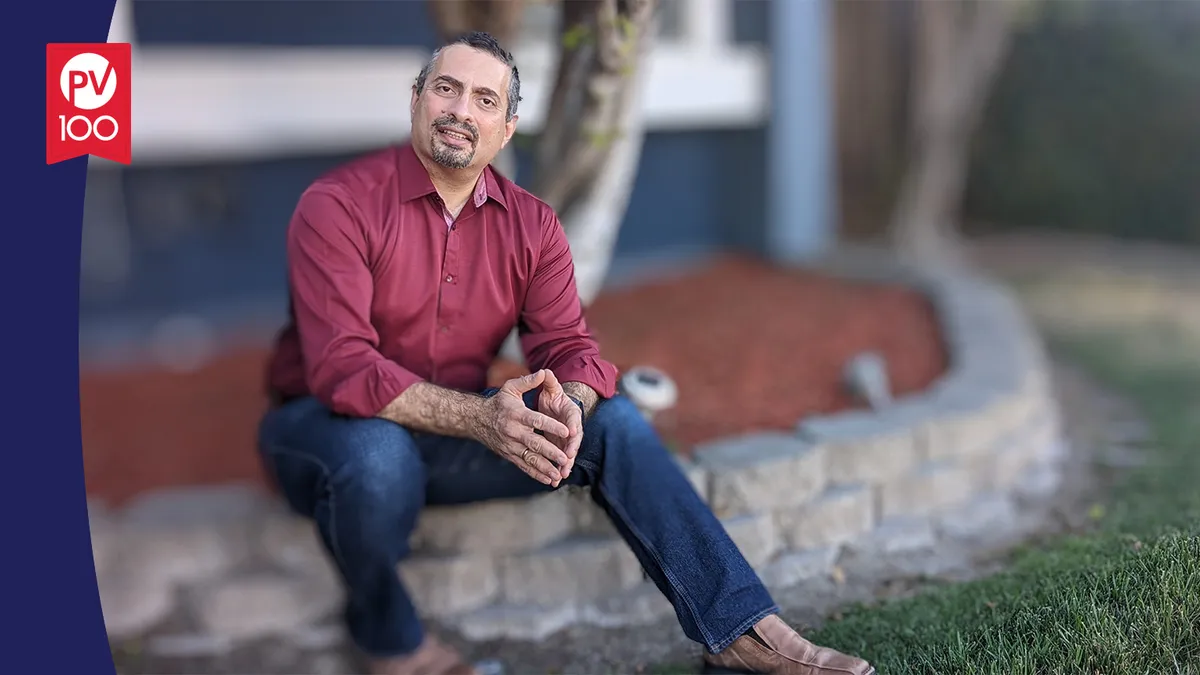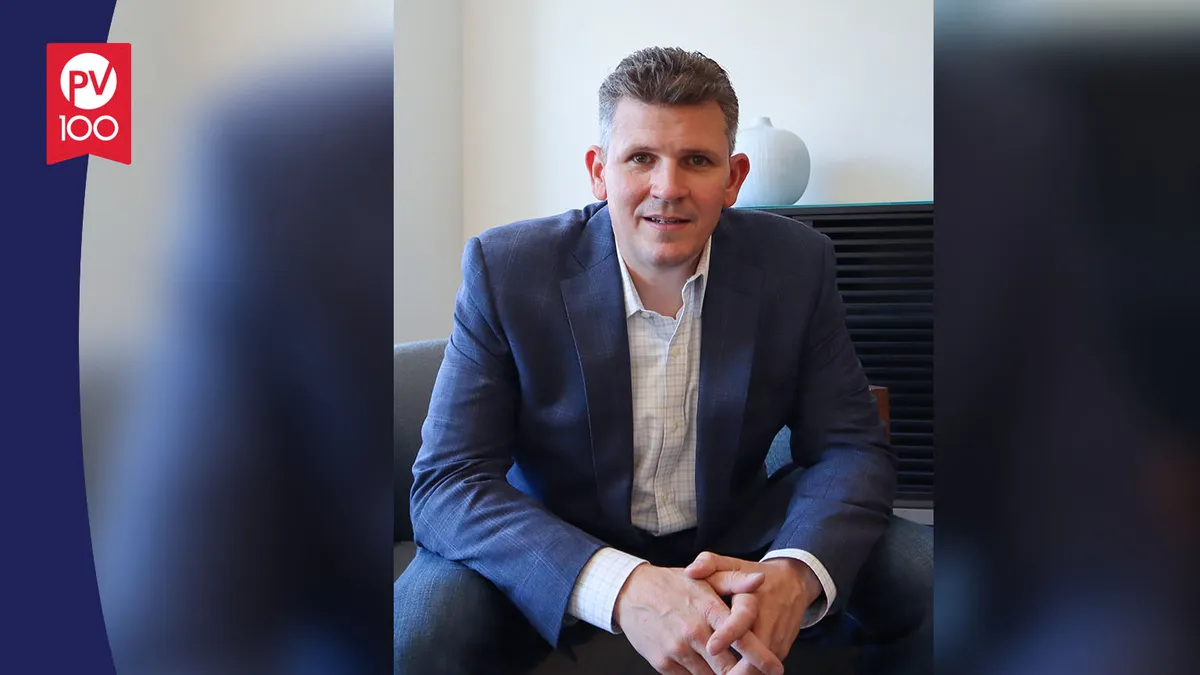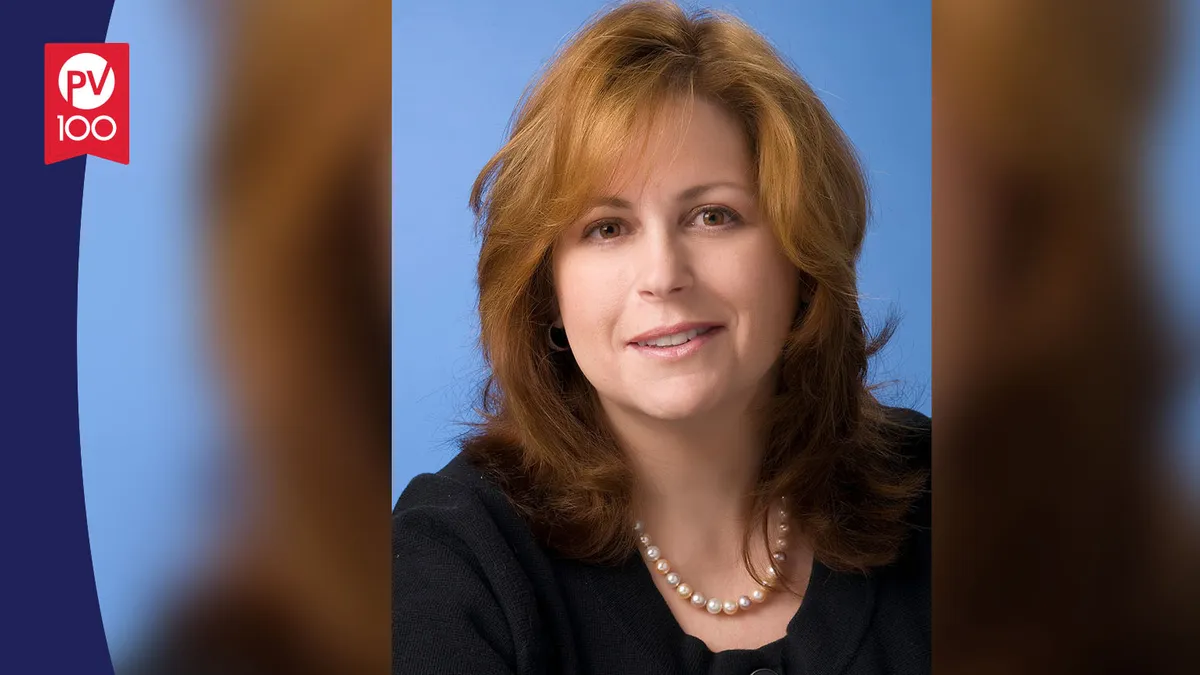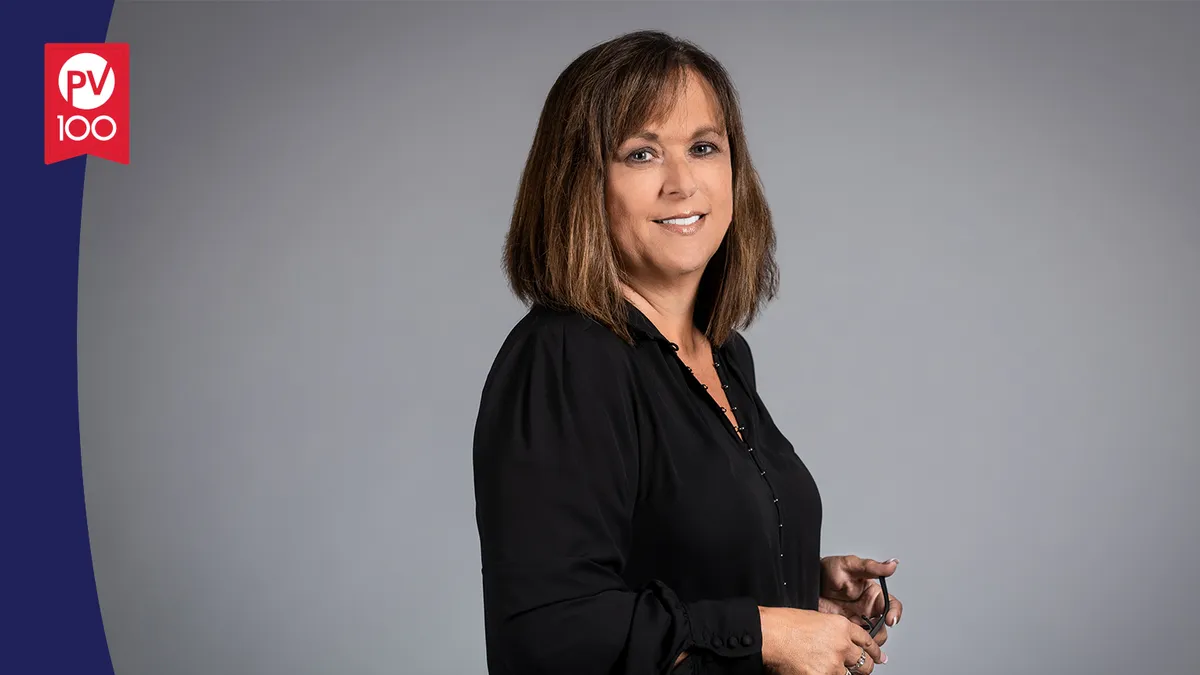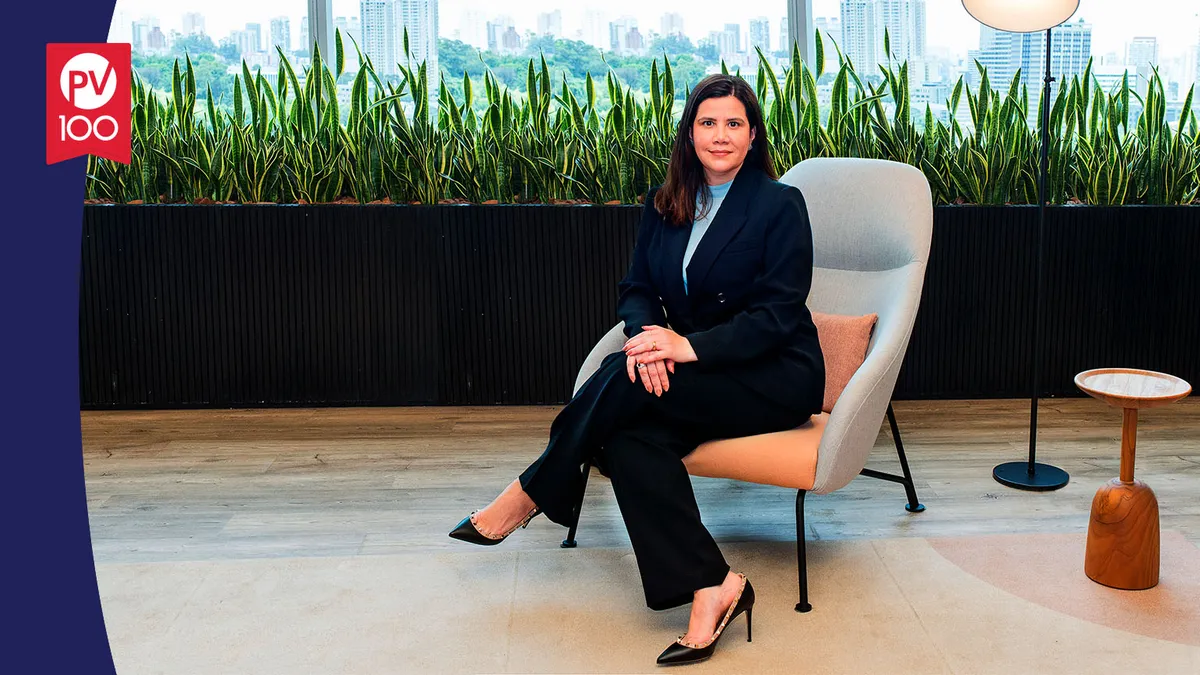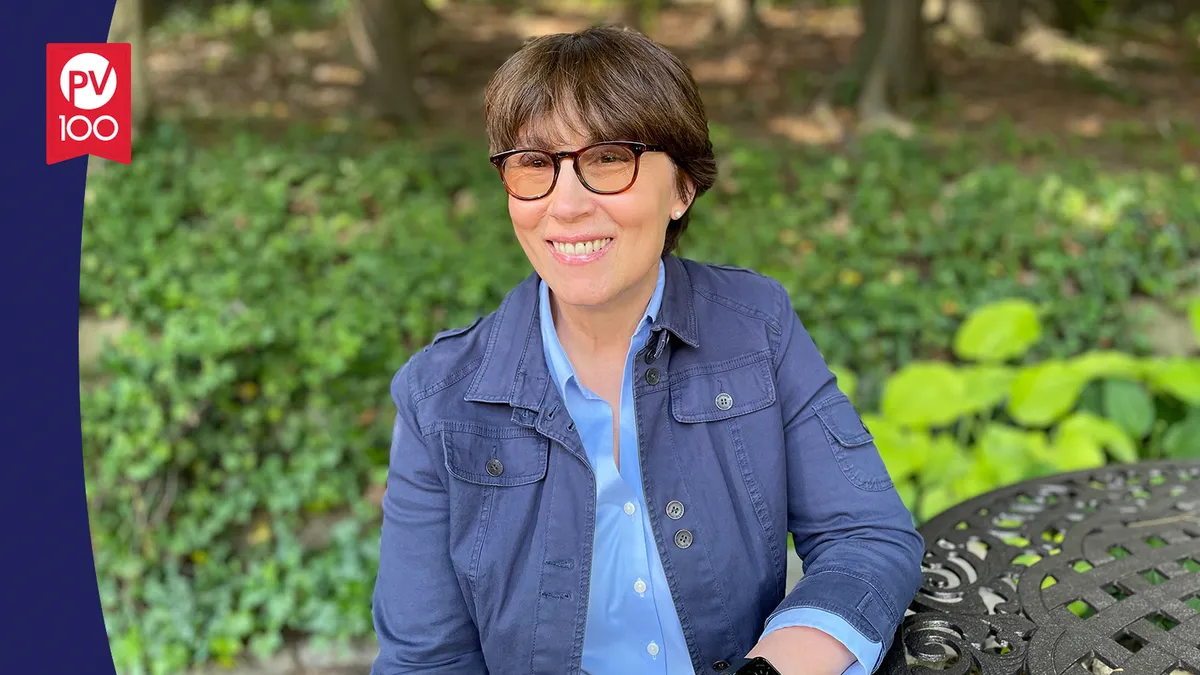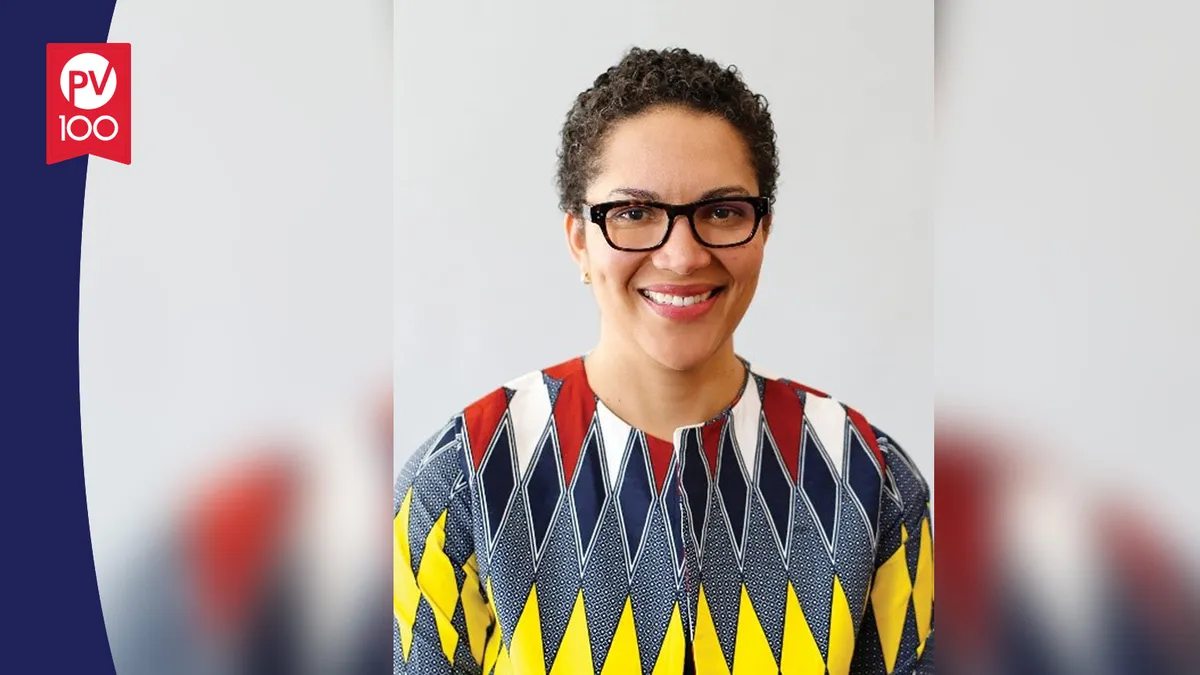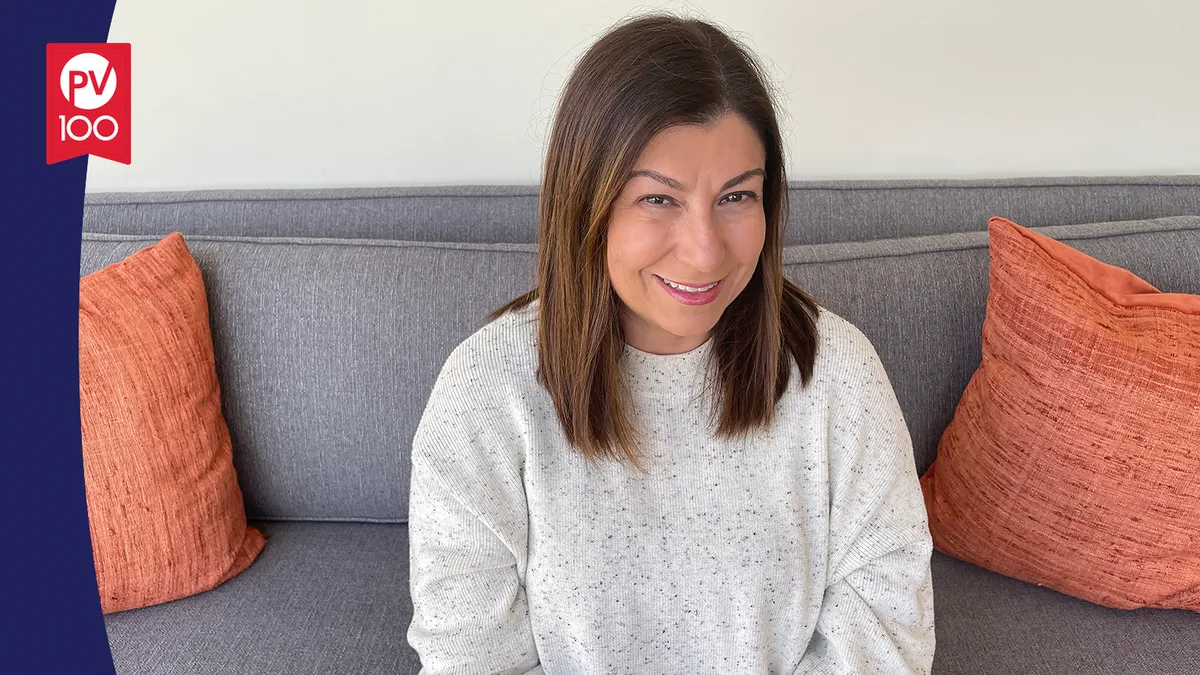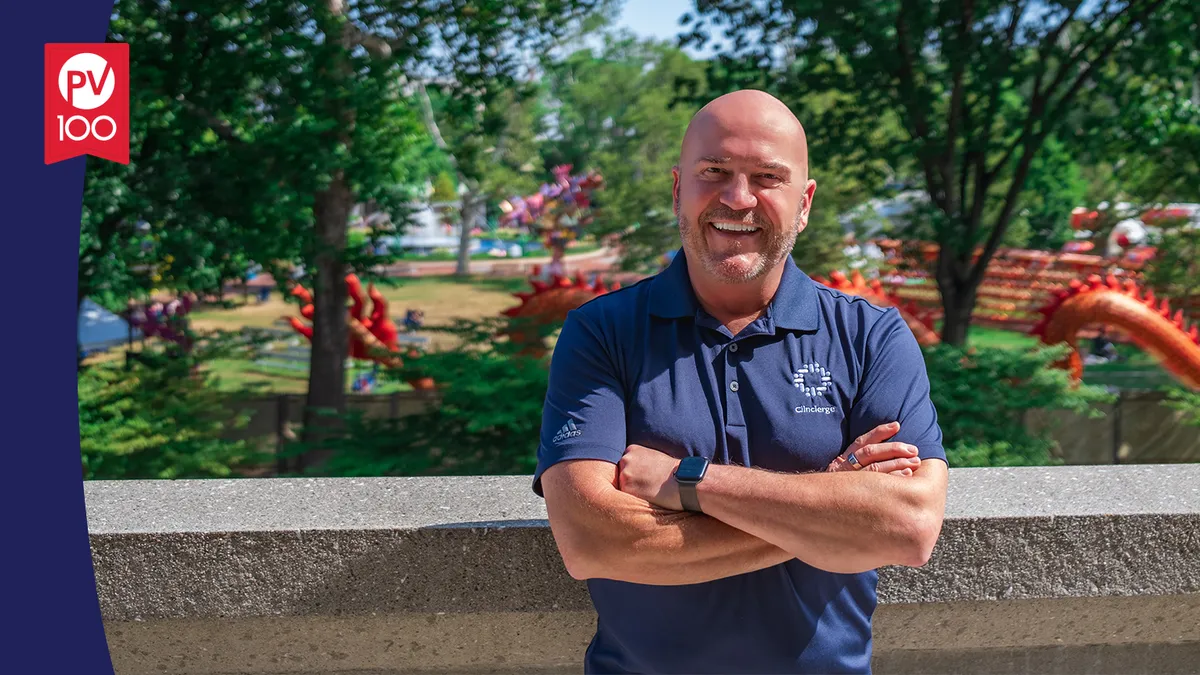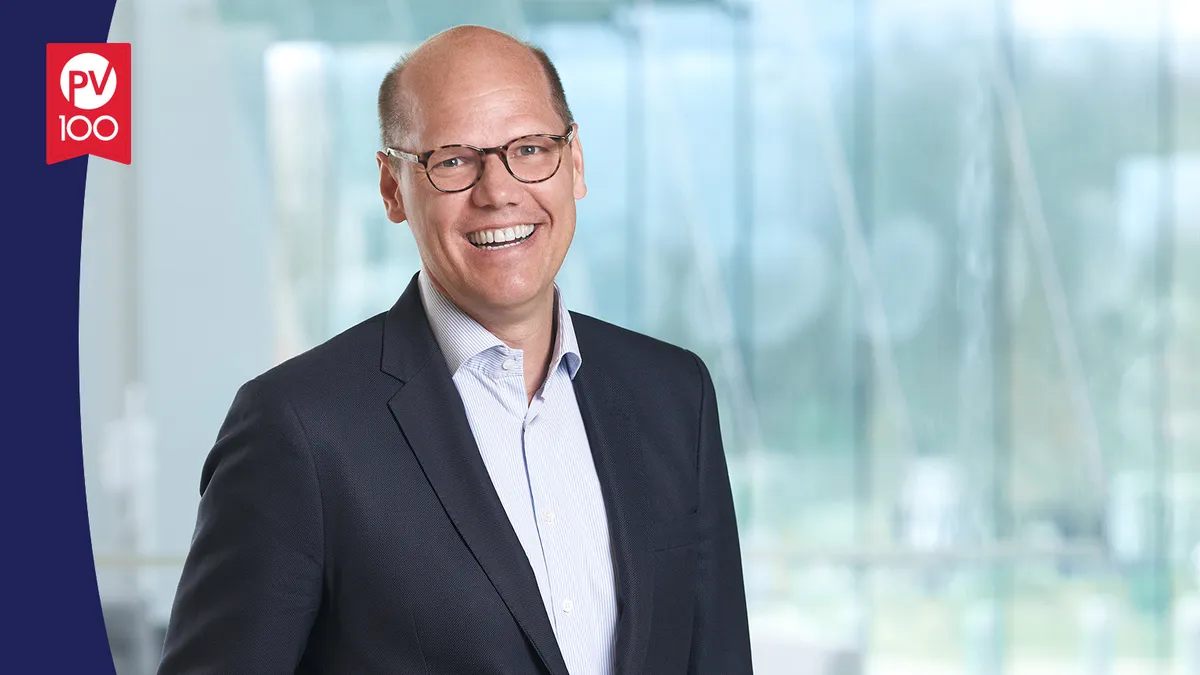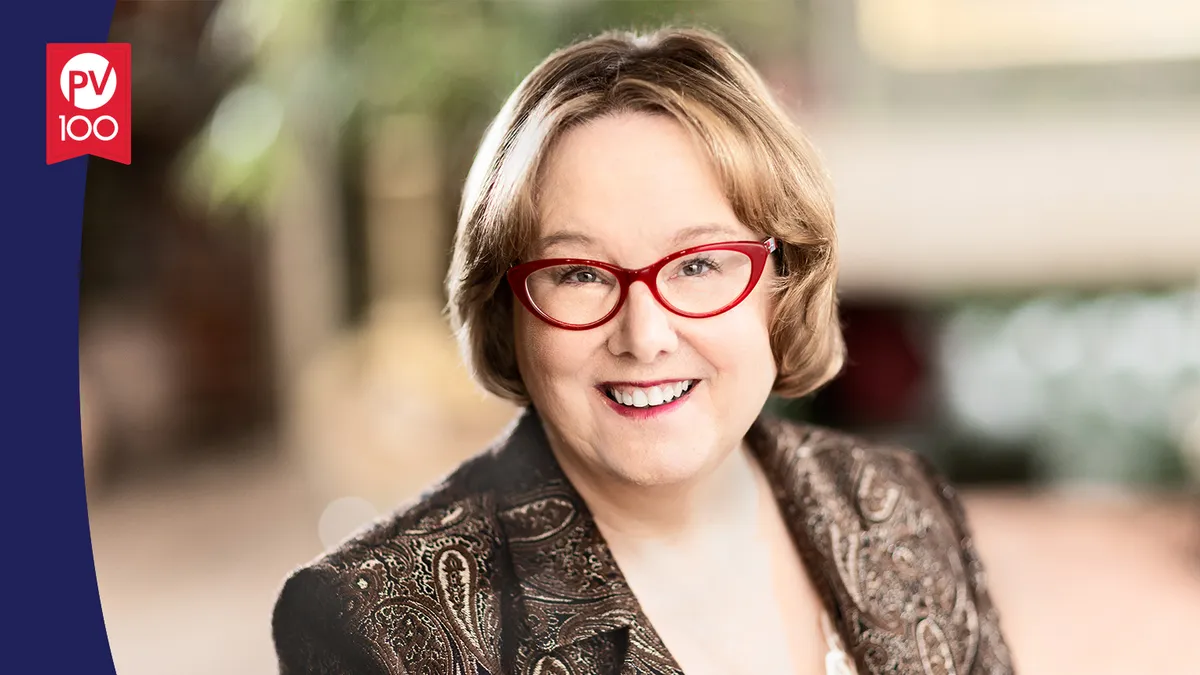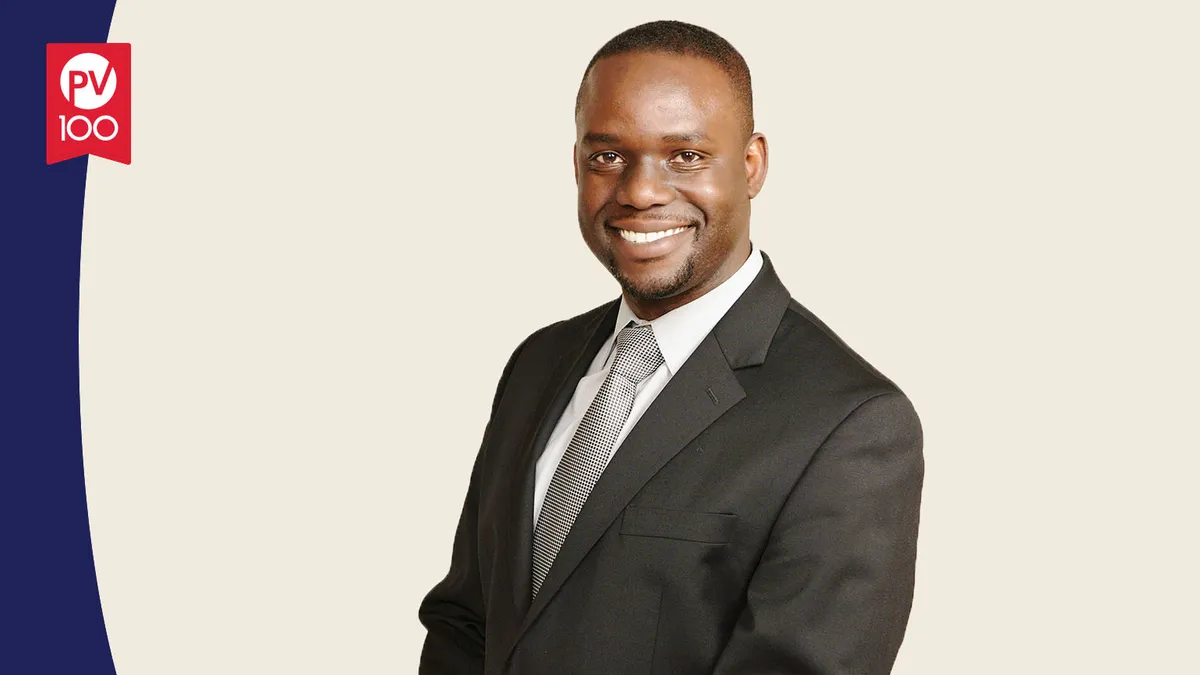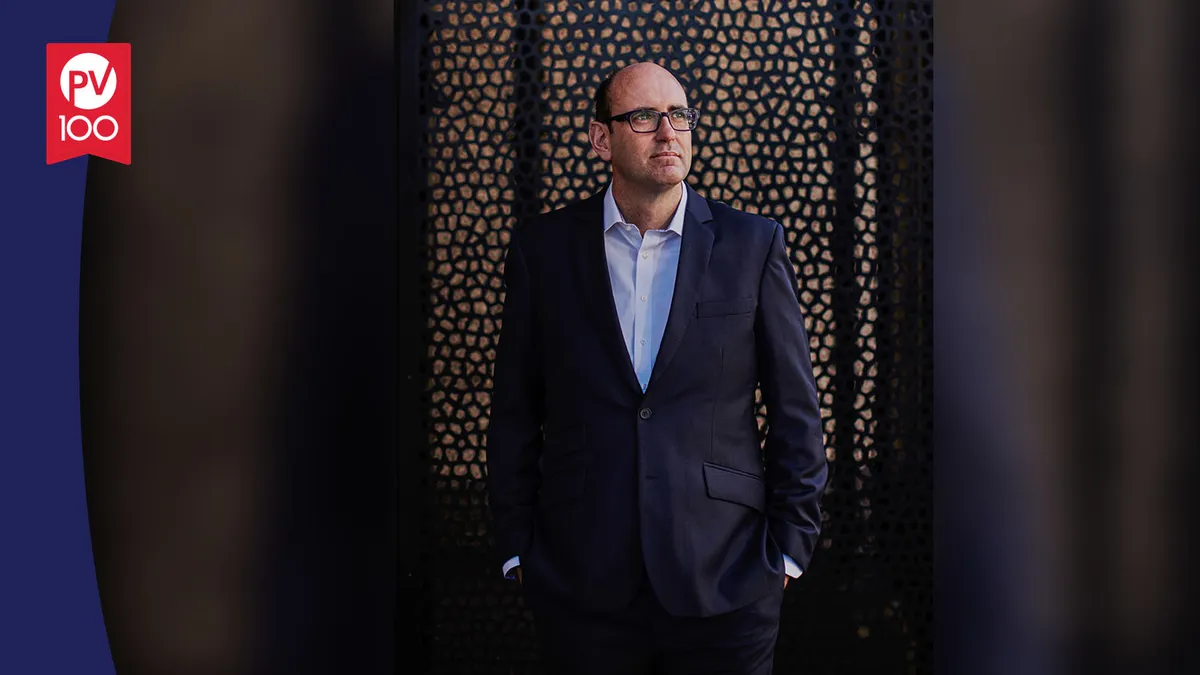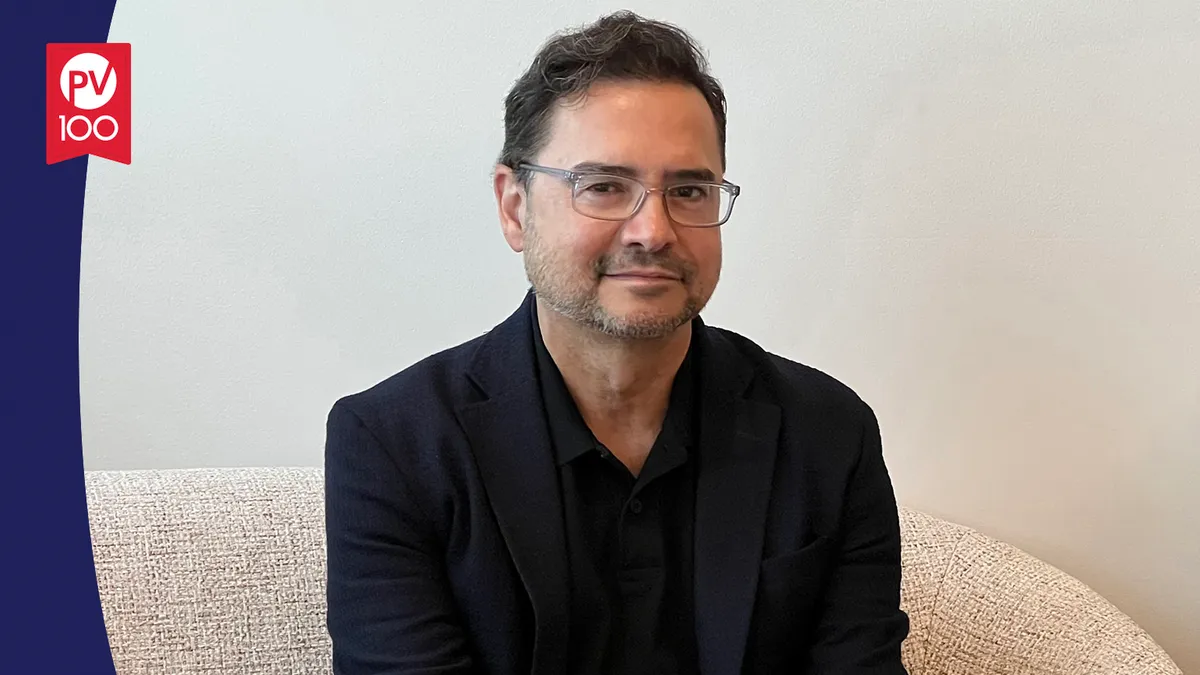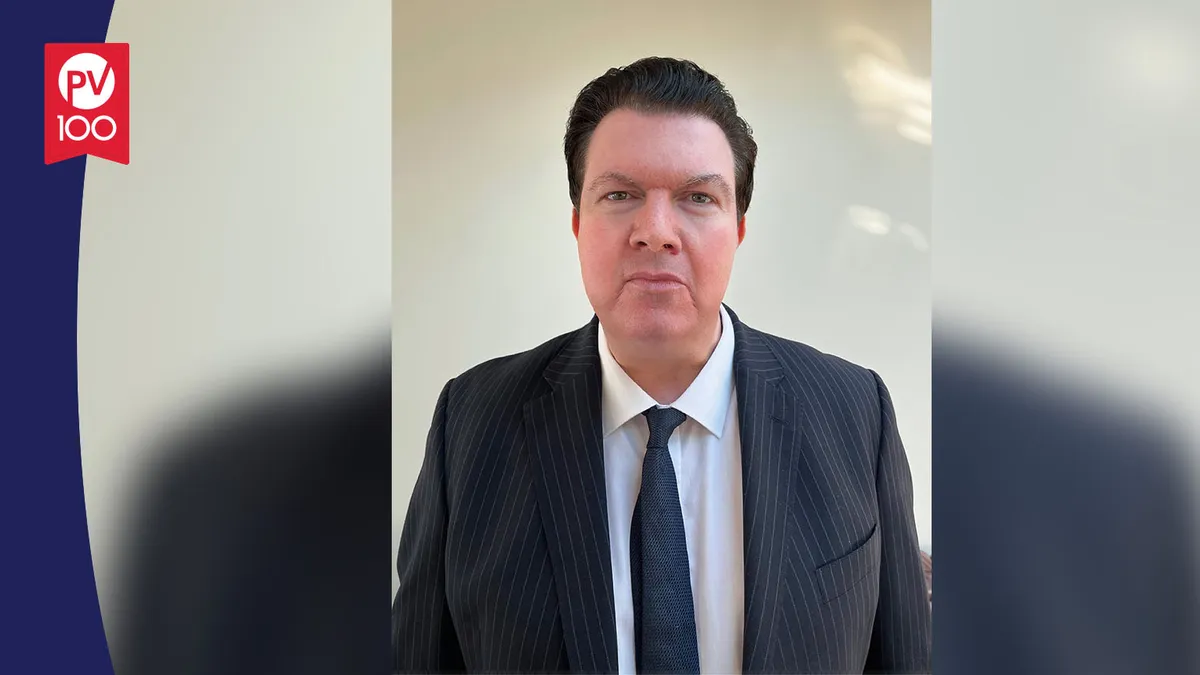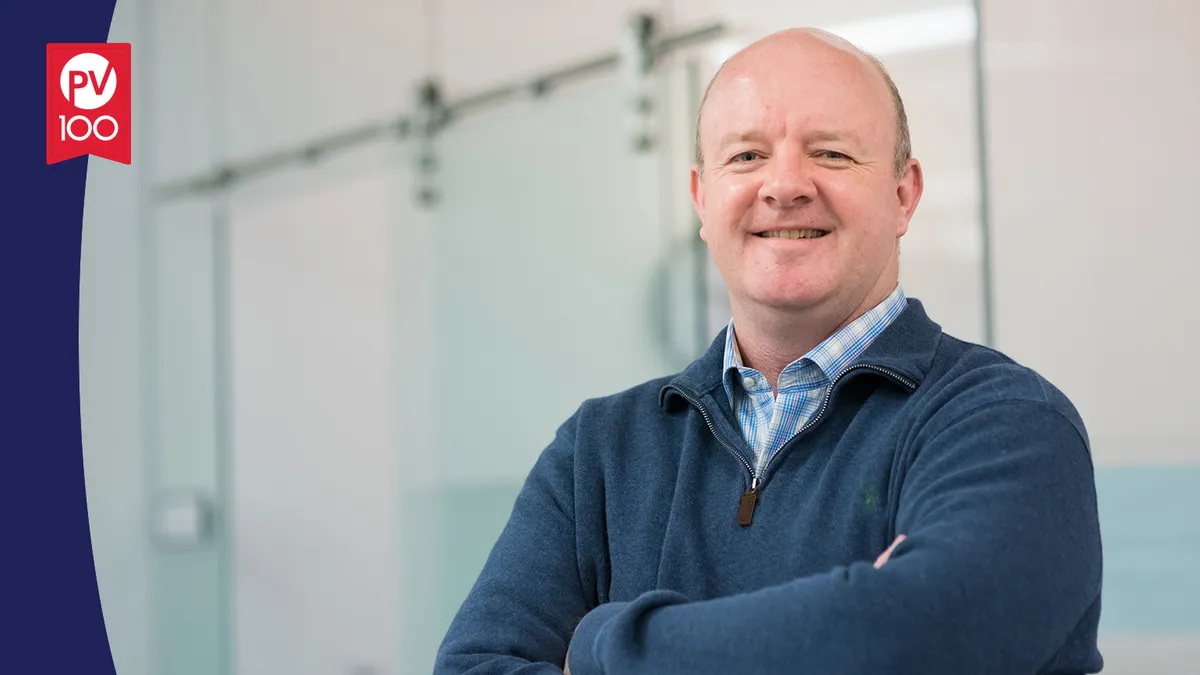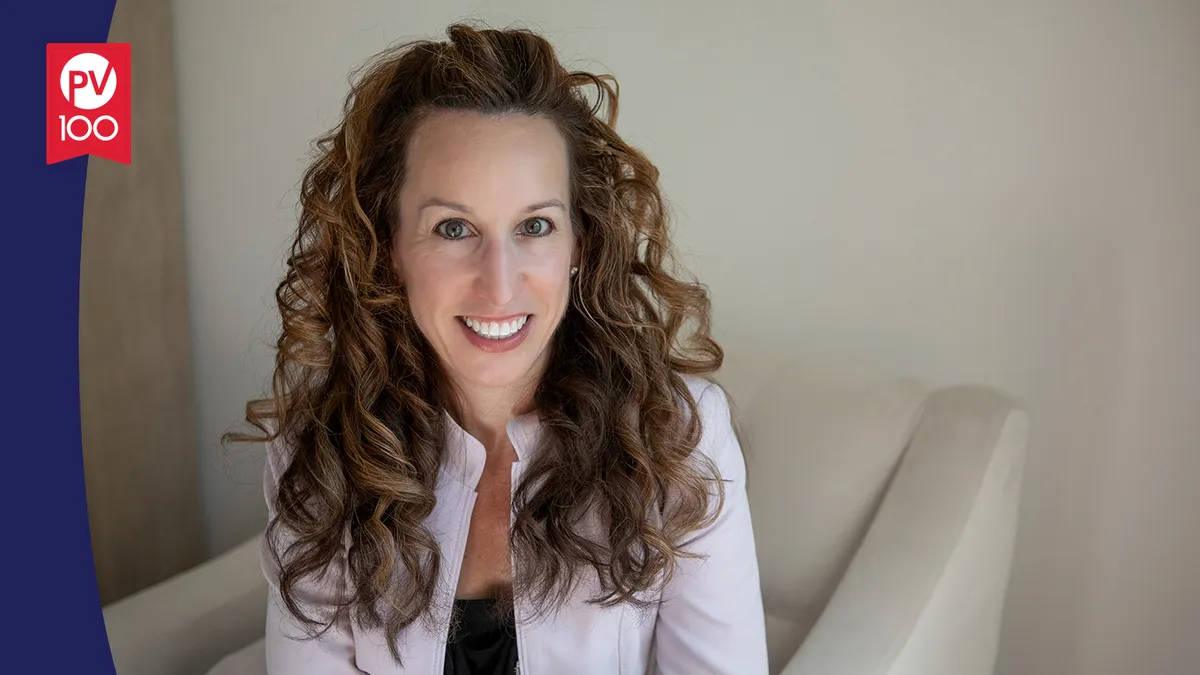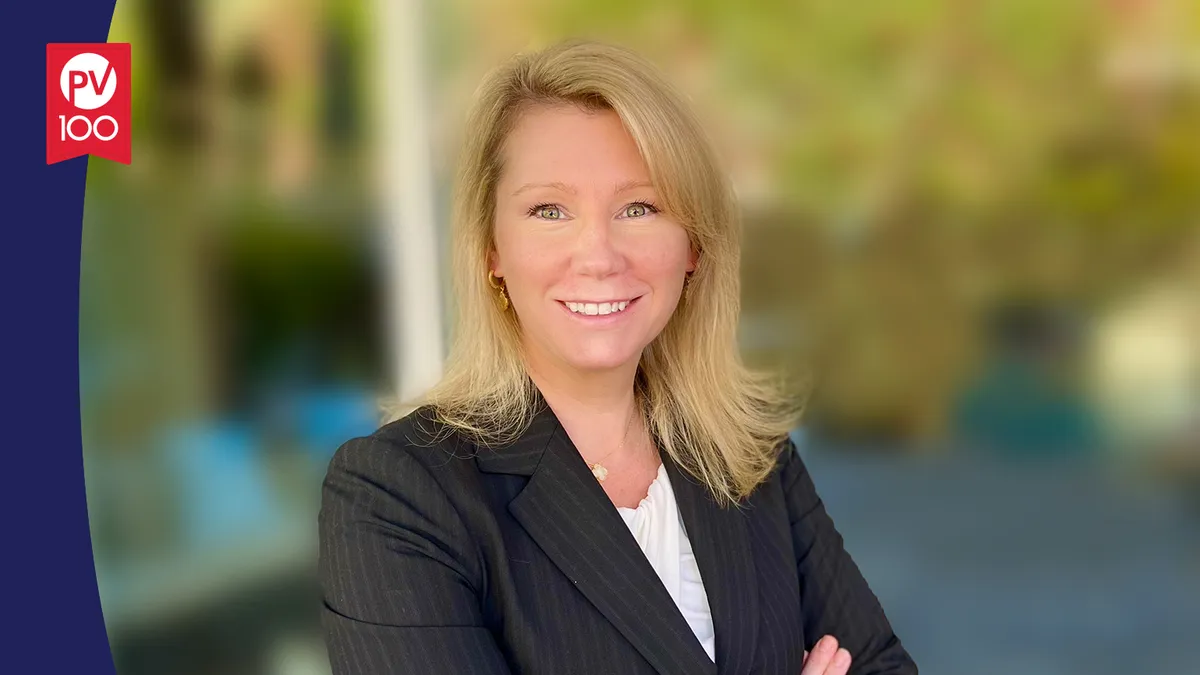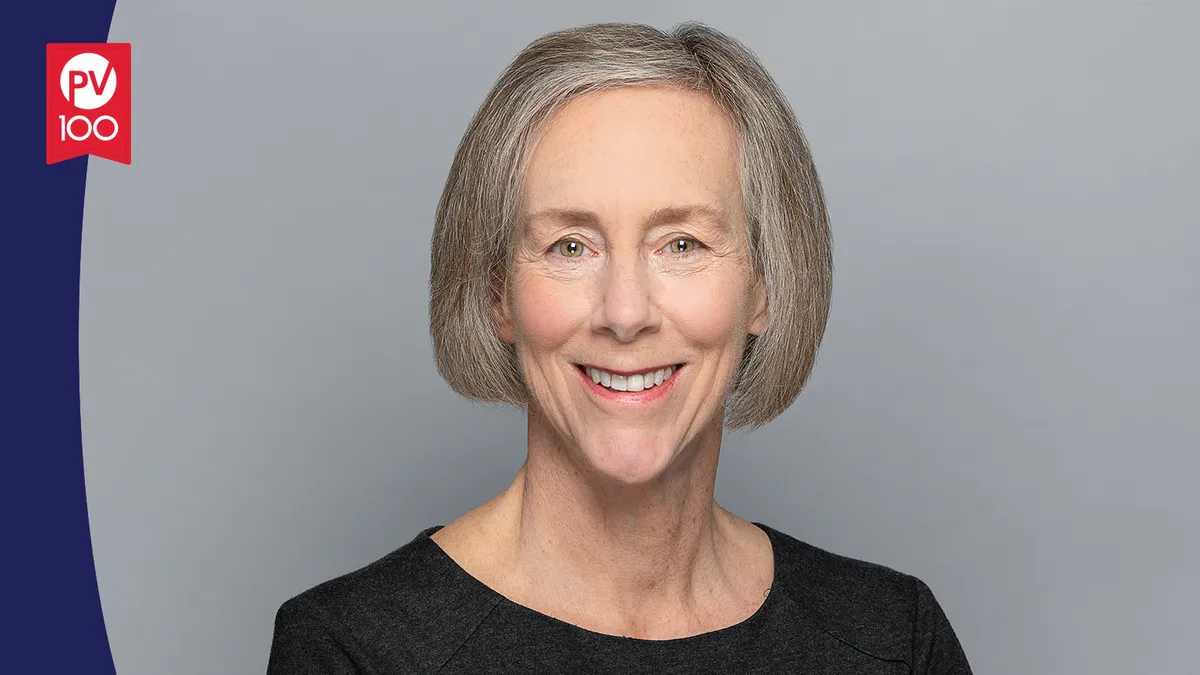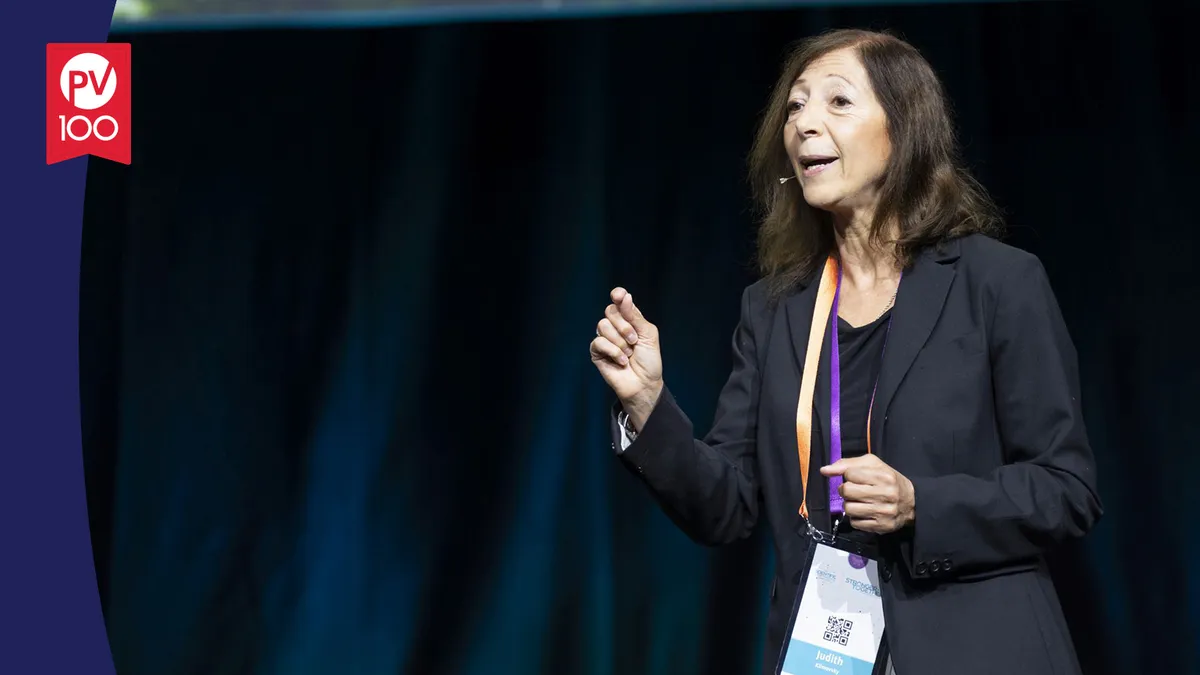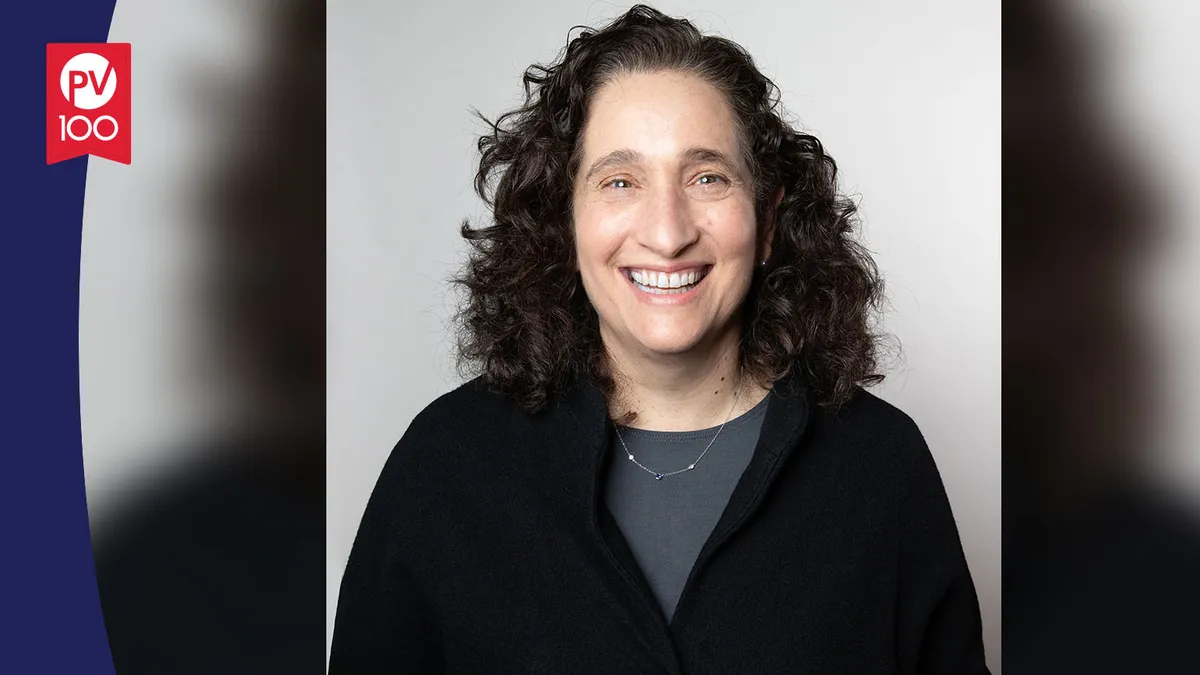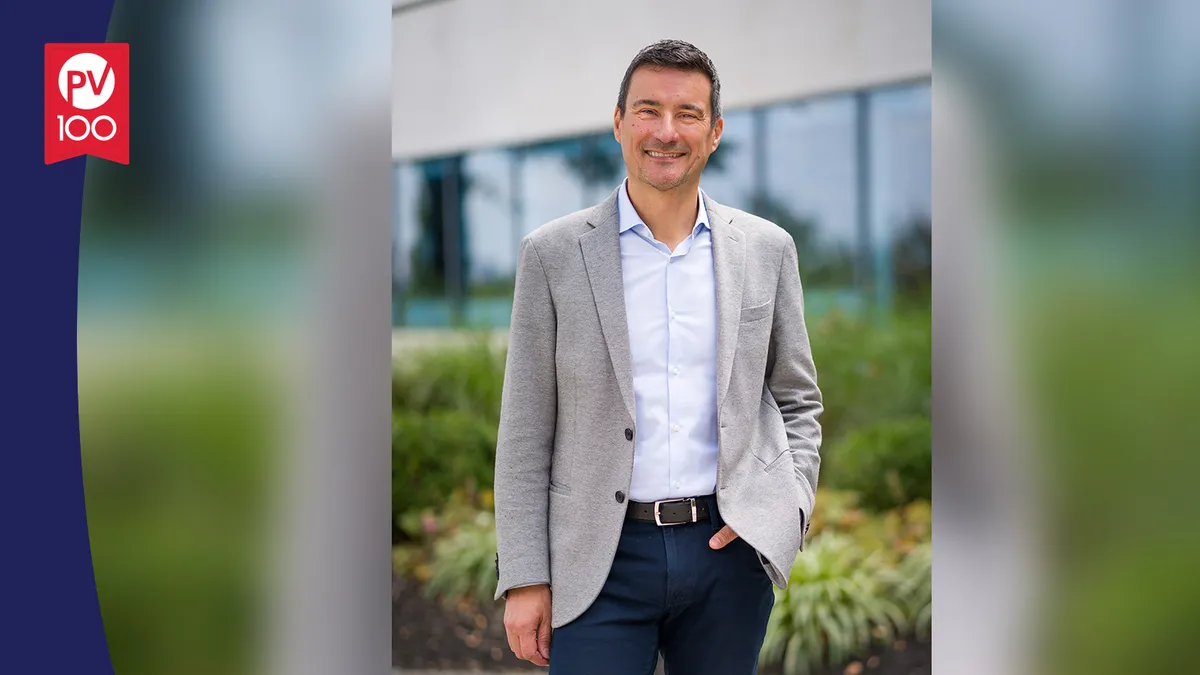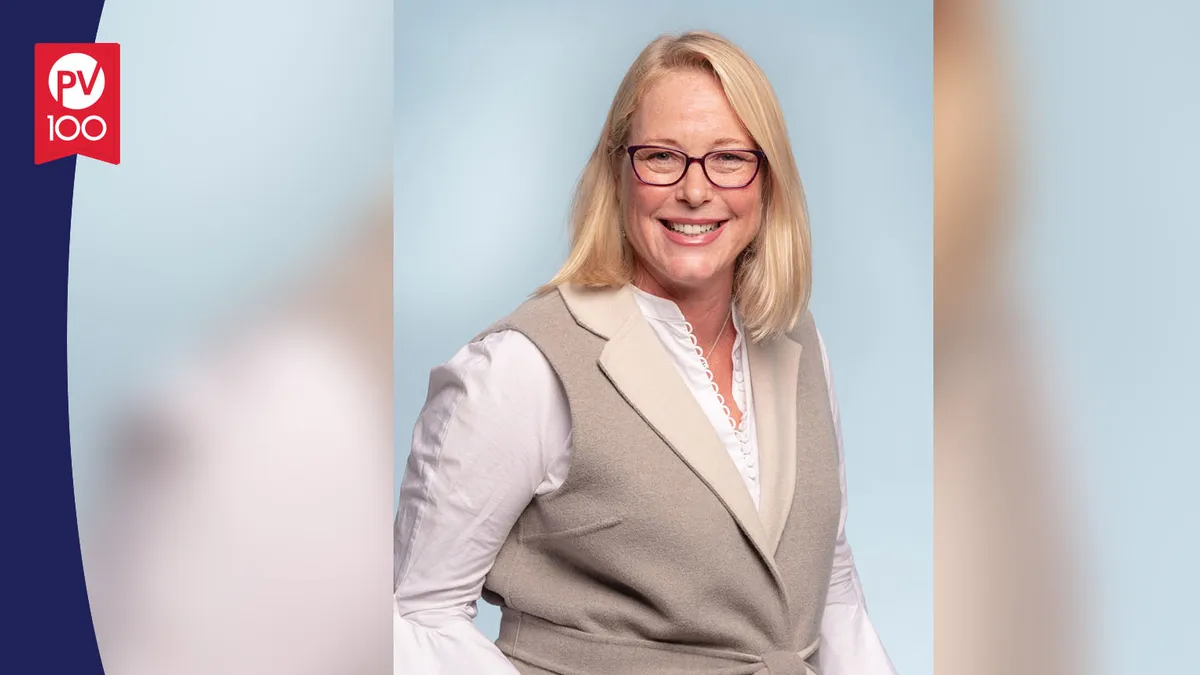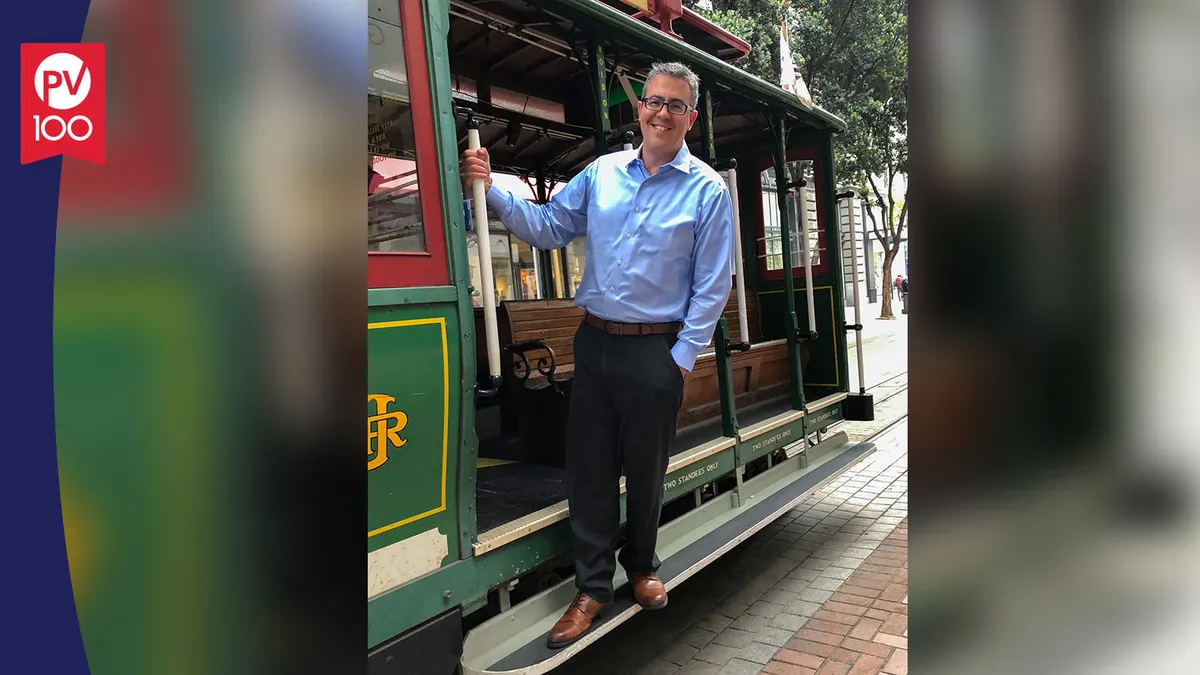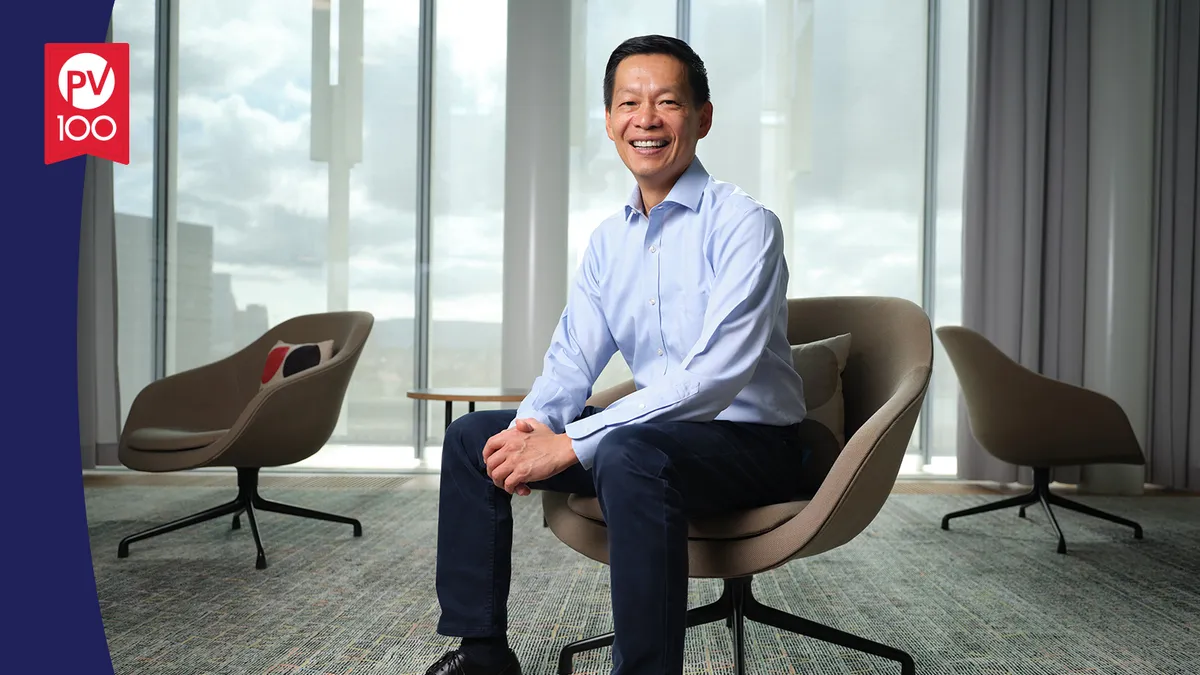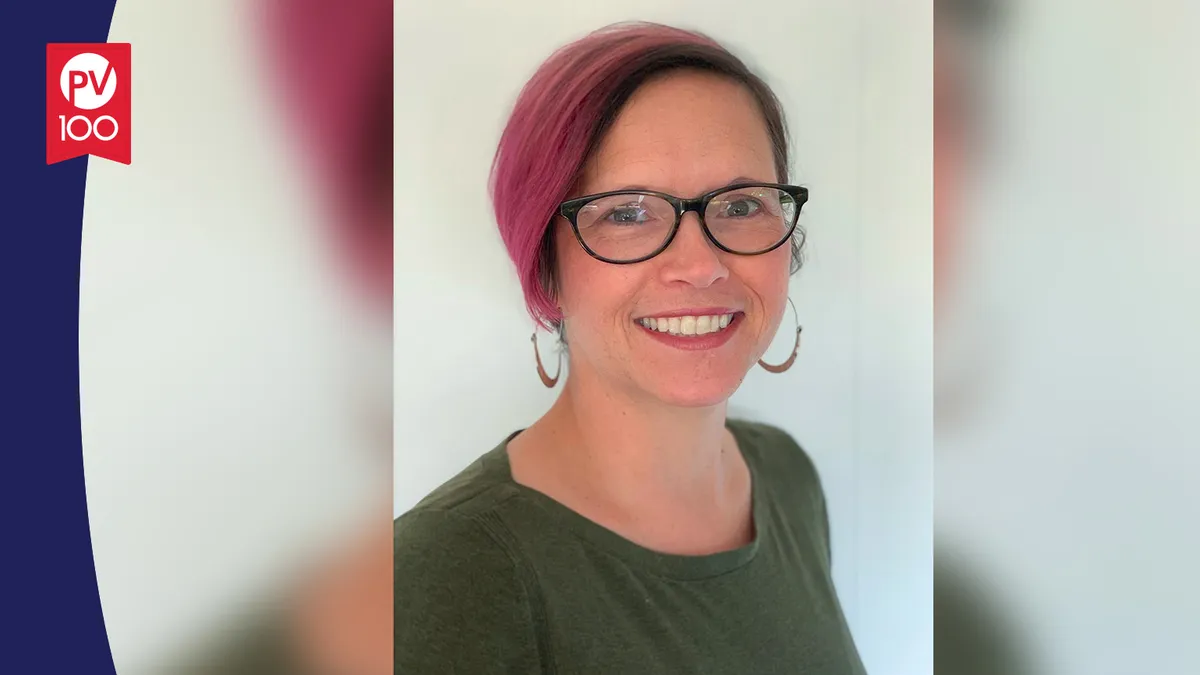Editor’s note: This story is part of our 2022 PharmaVoice 100 feature.
The culture of Forma Therapeutics is based on “the science of giving a damn,” a phrase that resonated so greatly with Frank Lee, CEO and president, that he adopted it as the foundation for the clinical-stage biotech company.
“For me, it means great science guided by humanity. It represents an authentic commitment to our purpose,” he says. “When you give a damn, you don’t stop until the work’s done. I’m proud to stand for these ideas.”
In practice, this means that everyone at Forma “gives a damn for patients, for our people and for our science,” Lee says. It’s a culture that Lee talks about daily — internally and externally — and it could lead to the approval for a novel treatment for sickle cell disease (SCD).
Lee’s 25-year journey to the C-suite at Forma, a biotech that focuses on rare blood diseases and cancers, includes executive roles at Genentech, Novartis, Janssen and Eli Lilly and encompasses a wide range of therapeutic categories. While at Genentech, Lee was most recently responsible for a portfolio of immunology, infectious disease and ophthalmology molecules in development and for global in-line product sales of more than $11 billion. Earlier in his career at Genentech, he led oncology businesses and oversaw therapeutics such as Herceptin and Xeloda.
Upon taking the role of Forma CEO in 2019, one of his nominators says “[Lee’s] first step in instilling these cultural touchstones was to bring the leadership team to several research hospitals to meet with clinicians, investigators, social workers, nurses, patients and caregivers to talk with those caring for and living with the rare diseases Forma was seeking to help.”
This turned out to be a pivotal moment for the company and its culture as “it made the idea of changing the course of disease concrete and real,” his nominator says.
For Lee’s team members, these visits transcended science and brought the people perspective into focus.
“Understanding their stories, how their disease impacts them daily and how Forma would commit to delivering more than medicines … was the start of a new culture, new energy and Forma’s transformation into a new fully integrated drug development company,” one of his nominators says. “That drive to make a difference for each other and our patients is firmly embedded in Forma’s DNA and every decision [Lee] makes begins there.”
Lee’s focus on patient centricity is so intense that one of his first board appointments was Dr. Wayne Frederick, an esteemed leader and the president of Howard University who is living with SCD.
“Having the patient voice incorporated at the highest levels of the company sent a clear message about our purpose. Forma is the only company among its peer set with an SCD patient on its board of directors. SCD patients struggle with the manifestations of their disease every day, as well as with what it means to be people of color living with a debilitating disease,” says a nominator.
Further, Lee appointed Dr. Ifeyinwa “Ify” Osunkwo as senior vice president and chief patient officer, who brings 25 years of experience in SCD clinical management and research to Forma. Bringing Osunkwo’s medical expertise and patient focus to Forma’s leadership team was crucial for Lee, especially given that the company’s lead pipeline product is etavopivat, currently in phase 2/3 trials for SCD.
Here, Lee speaks to Forma’s purpose, how a textbook helped form the company’s therapeutic focus and one of the biggest trends he is tracking.
PharmaVoice: How were you able to embody Forma’s purpose during COVID?
Frank Lee: The power of purpose. I’ve always believed that a strong purpose will inspire and unite an organization. Forma’s purpose — that we can change patients’ lives — became much more concrete for me as we were transforming the company from a partnership research organization to a fully integrated biopharma company. Our focus evolved from delivering development candidates to delivering differentiated medicines to patients.
What is the most meaningful object in your office?
This would have to be a copy of the book ‘Sickle Cell Disease’ by Dr. Gladwin. Before I came to Forma, I knew very little about SCD. As we were prioritizing our portfolio soon after I arrived, one of our medical directors came to me and was absolutely convinced that one of our early-stage molecules (etavopivat, a PKR agonist) could help people living with SCD. Coincidentally, that same day, I came across a recently published medical textbook on the same disease. I’m not sure if the textbook was a sign, but after a lot of diligence and discussion, we decided to move forward with etavopivat in SCD and deprioritize another program that was further ahead in development. It was a difficult decision that caused a lot of turbulence in the organization. But in the end, it was the right decision. Etavopivat is now our lead program with ongoing clinical studies for SCD, thalassemia and lower-risk myelodysplastic syndrome. I’m convinced the company would not be where it is today without the decision we made. In addition to drug development, we dedicate a lot of time and investment to becoming a trusted partner for the sickle cell community.
What drew you to the life sciences industry?
I remember growing up and thinking there were only two professions in life, a doctor and a lawyer. After immigrating to the U.S. from South Korea, my parents were determined that my brother and I would make the most of our opportunity and become either a doctor or lawyer. As it turns out, I became interested in math, science and computers. I enrolled at Vanderbilt University and majored in chemical engineering without really understanding what a chemical engineer did. Near graduation, I took a trip to a petrochemical refinery for a job interview. We drove out to the middle of a vast refinery the size of a small town, and the hiring manager told me this section of the refinery could be my responsibility if I joined. But nothing about boiling oil appealed to me.
“It’s crucial for companies to prove that their commitment to patient engagement goes beyond clinical trial recruitment and drug sales. There are access challenges and an entire care paradigm that has to change, too.”
Frank Lee
CEO, president, Forma Therapeutics
When I returned to campus, I saw a flyer for job interviews with a pharmaceutical company. The idea of making medicine to help people resonated for me. My concept of vocation changed from what I thought I would be good at to what the world needed me to do. I haven’t worked in any other industry since then.
What is your blue ocean?
On average, it takes about 10 years to discover and ultimately bring a new medicine to patients. I often wonder ‘What if we could do it in one year and not 10?’ We could do so much more, so much good, for patients. It would require re-examining the balance between regulations to protect the patient instead of the bureaucracy, expense and slowness that results. It would also involve patients more directly in the process from start to finish. It can be done. Some companies designate a chair in their boardroom for a person to represent the voice of the patient. At Forma, we’ve filled that seat with an esteemed surgeon and leader who is living with SCD himself.
What is your leadership style?
I’ve been fortunate to have worked at so many wonderful companies that value leadership development. Leadership is a lot about knowing who you are and what you stand for. With the help of a number of people who took a genuine interest in my development, my own leadership principles emerged to the forefront, and they’ve evolved over the course of my career. I believe being inclusive leads to better ideas and innovation, so I’m deliberate about hearing the quiet voices in the room as well as the loud ones. I treat every person with the same level of respect — from the entry-level person to the members of our board of directors. I believe in integrity and nothing short. I believe excellence comes from talented people working in an environment where they are valued and where the work has an overall purpose.
What trend are you tracking?
As the disparities in economic status and the cost of healthcare continue to increase, access to care and medicines will become even more difficult for the average person. It’s crucial for companies to prove that their commitment to patient engagement goes beyond clinical trial recruitment and drug sales. There are access challenges and an entire care paradigm that have to change, too.
Editor’s note: Danish biotech giant Novo Nordisk announced Sept. 1 that it would purchase Forma Therapeutics for a total value of $1.1 billion.

